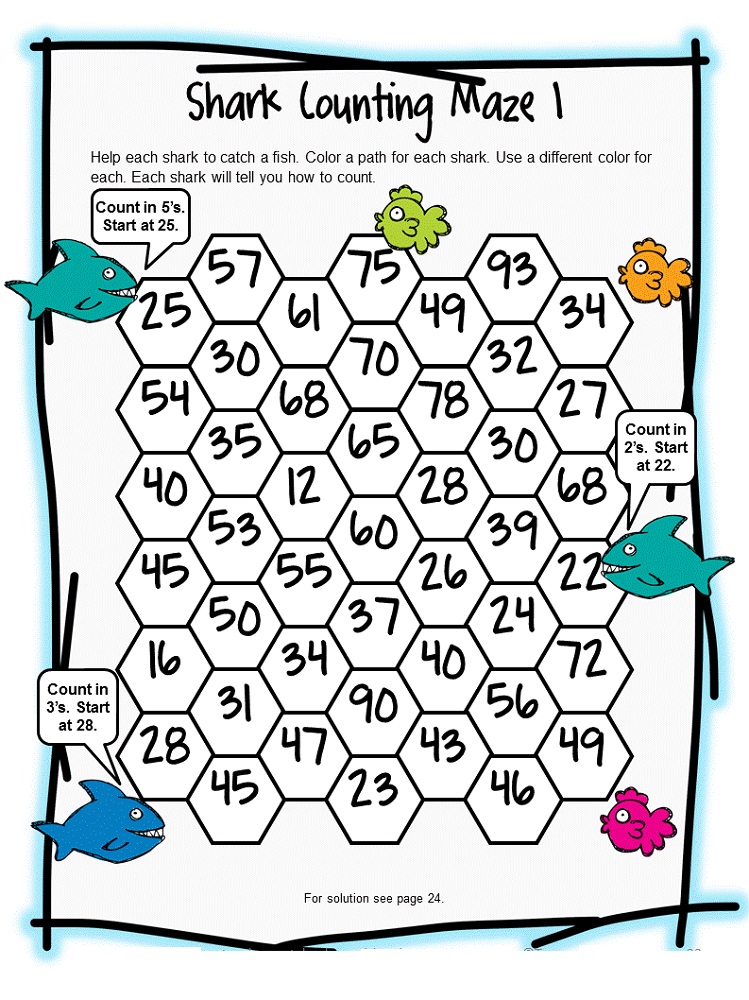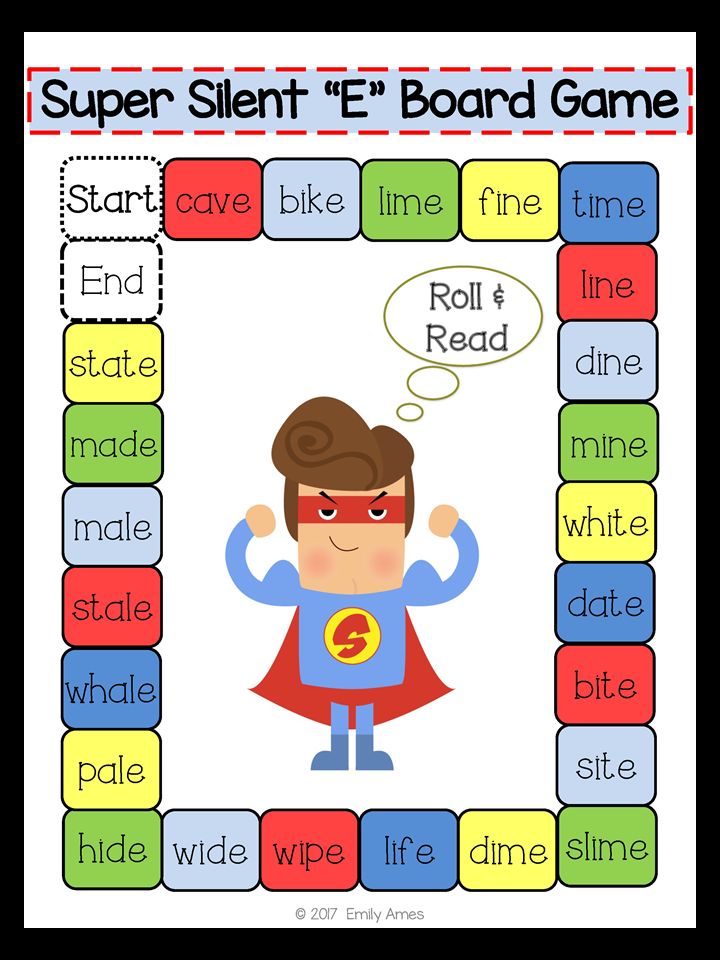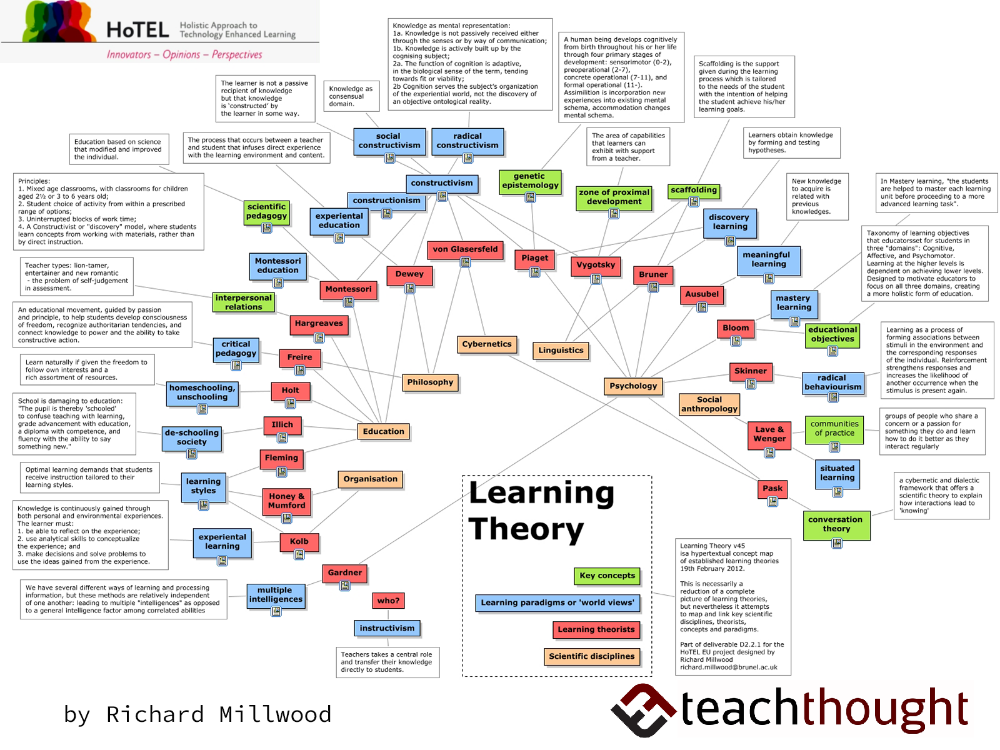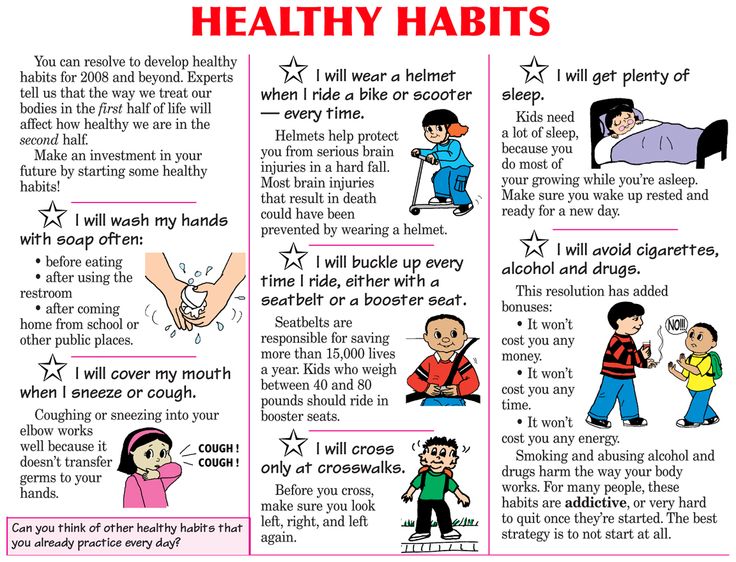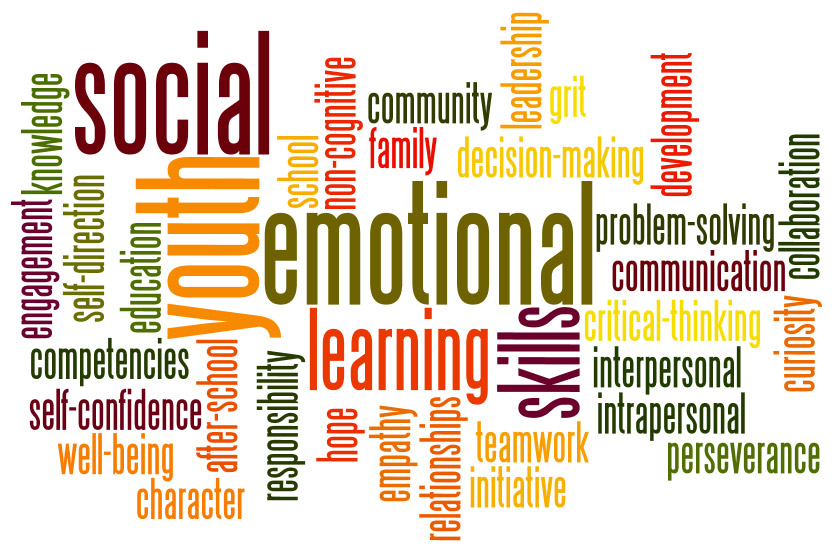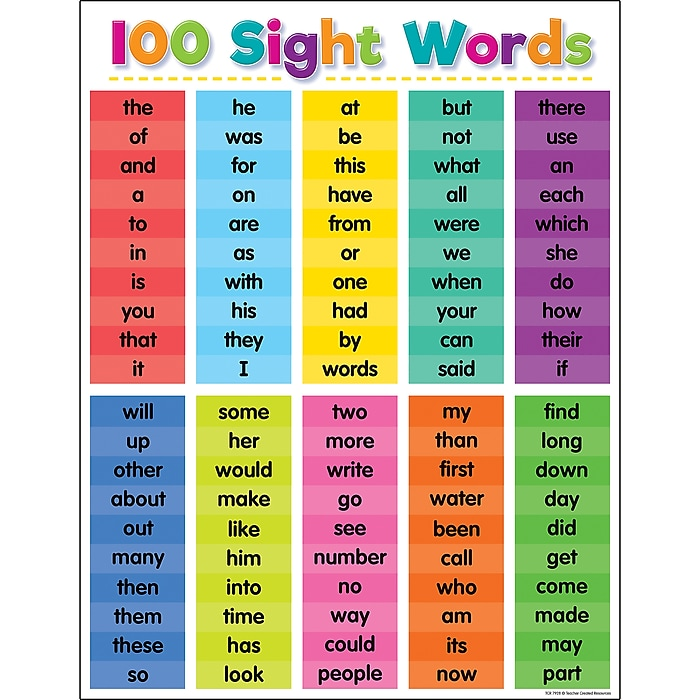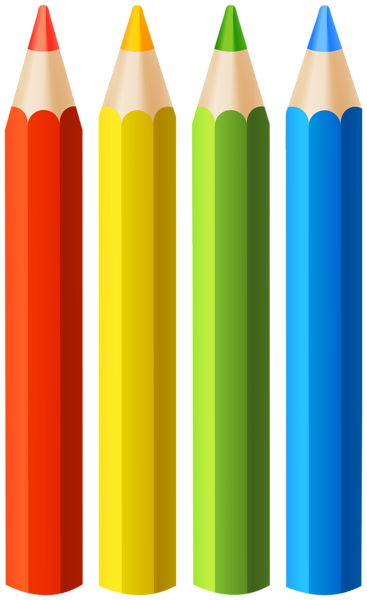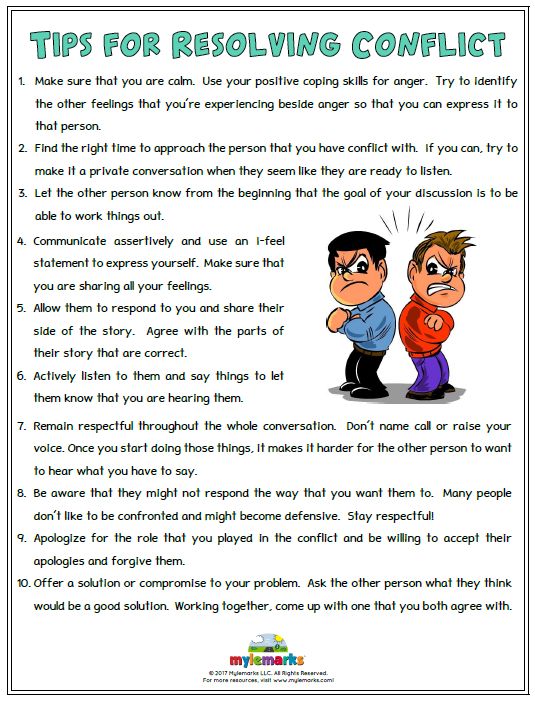Games that help kids learn
60 of the Best Learning Games for Kids (Sorted by Age)
Are you struggling to pick the perfect gift for a child this year?
Let me help.
As a certified teacher, and a homeschooling mom to seven, I really believe in using learning games for kids. We play them regularly. With over 100 games in our collection, I think I’m officially a board game addict.
Here’s why:
- They’re fun. And what better way to learn than to have some fun?
- They encourage soft skills. Communication. Collaboration. Problem Solving. These soft skills are crucial for success in the real world. These skills are the ones most encouraged through playing games.
- They’re great learning resources. English/Language arts. Math. Science. Social Studies. They all go from “boring” subjects to “can we do that again tomorrow” subjects when you’re playing.
- They’re not on a screen.
I struggle with limiting screen time for my kids. Between the computer, the TV, and the various gadgets, our home feels overrun by media at times. Games focus on real-world interactions instead of digital ones. I like that.
But with so many games out there, which ones should you pick for your child? Which ones offer the most fun while still being educational? What do they teach? How can you make the most of them while playing, and connecting, at the same time?
That’s what this list is for. These are all games I either own or have on my personal wish list. At least three of them will be gifts at my house this December!
We’ve got many games to cover, so let’s jump right in.
Editor’s Note: Using play to teach is a popular positive parenting technique. If you’re new to positive parenting, or want to learn more, click here to signup for our FREE mini-course How to Be a Positive Parent.
Learning Games for Kids in Preschool
Preschoolers are little sponges, constantly absorbing information about life as they play.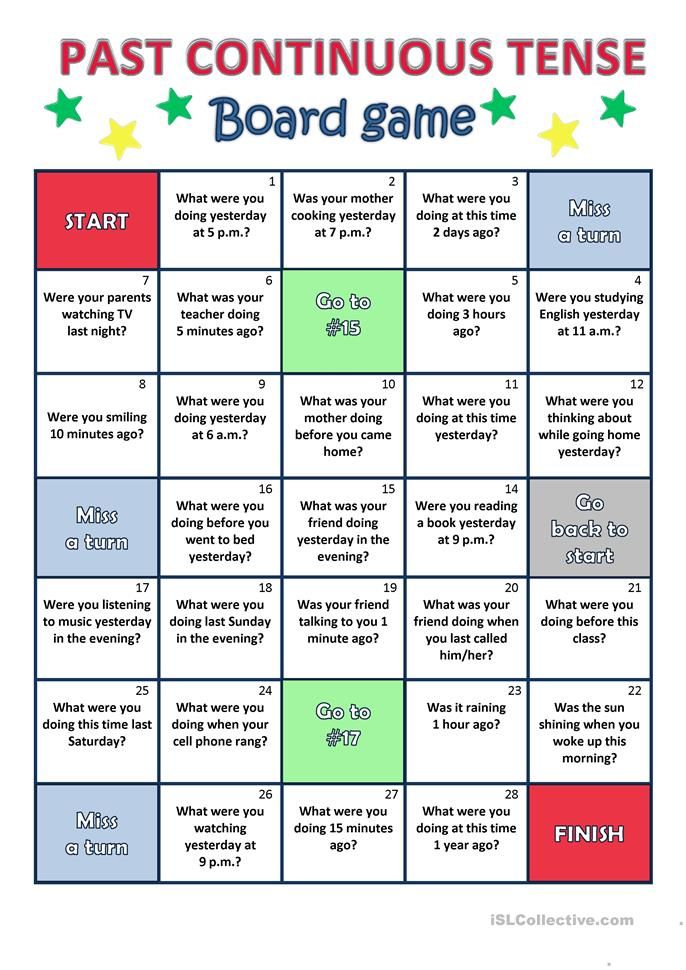 Guide their brains in development with the following games.
Guide their brains in development with the following games.
English/Language Arts
Jumbo Bananagrams
What can you do with a bag full of 3-inch square tiles with individual letters printed on them? Lots!
Challenge your preschooler to:
- Find matching letters
- Spell her name
- Put letters in order while singing the ABC song
- Sort letters by composition (curved lines, straight lines, and combination letters)
Tell Me a Story
Preschoolers (and adults) will delight in arranging the detailed picture cards into stories. Let imaginations run freely and have your child:
- Separate the cards into piles based on characters
- Discuss possible orders for each pile
- Draw three random cards and tell a story with all three
- Predict what will happen next in a story you create.
Boggle Junior
Perfect for solo (or small group) play, Boggle Jr. utilizes dice with letters instead of numbers. As your child matches letters to the picture card, she will be learning:
As your child matches letters to the picture card, she will be learning:
- letter identification skills
- matching letters to sounds
- common short vowel words
Math
Raccoon Rumpus
An adorable raccoon, cute costumes, and underwear. What’s not to love?
While dressing the raccoon in costumes, preschoolers will learn:
- colors
- matching
- counting
Cootie
Roll the dice and build a customized cootie bug. These skills will be practiced:
- Counting
- Number identification
- Reading a chart
1-2-3 Farmyard!
Players race to build a completed farm from animal cards they draw from the deck. Be careful—you can’t use the same animal twice!
While building a farm, your child will practice:
- Number identification
- Counting
- Comparing numbers
Science
The Bug Game
Perfect for your bug loving preschoolers! Players match insect halves together to form whole bugs, learning more about bugs as they play.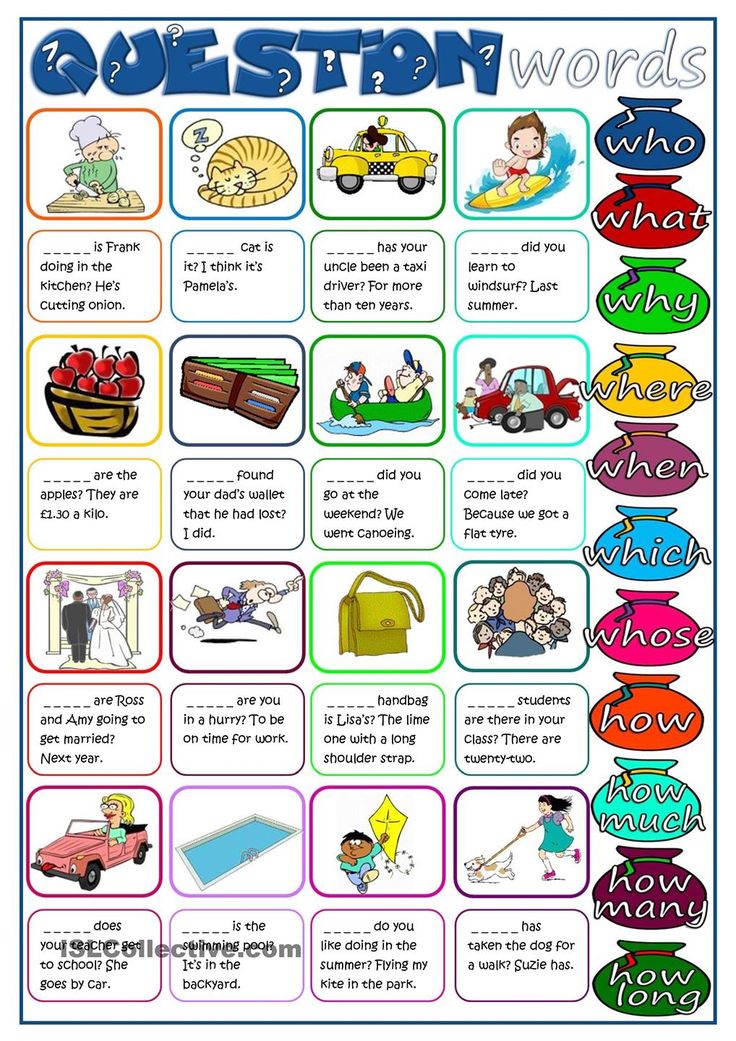
- Classification
- Features of insects
- Matching
Hoot Owl Hoot
Players work together to get the owls to bed before the sun comes up in this adorable cooperative game. While playing, talk about these scientific concepts:
- nocturnal creatures
- astronomy (sun, moon, stars)
- day vs. night
- flying creatures
Robot Turtles: The Game for Little Programmers
Introduce your preschoolers to computer science and the Logo programming language with this Kickstarter funded game. Players use code cards to move the robot turtle around the board. With a variety of levels that will keep your child (and perhaps you) learning, they’ll be exposed to:
- Correcting bugs in programming
- Sub-routines and loops
- Strategy planning
Social Studies
Rivers, Roads And Rails
The 140 colorful cards can be used to create transportation systems. By matching like pieces (rail, river, roads) players create unique maps every time they play.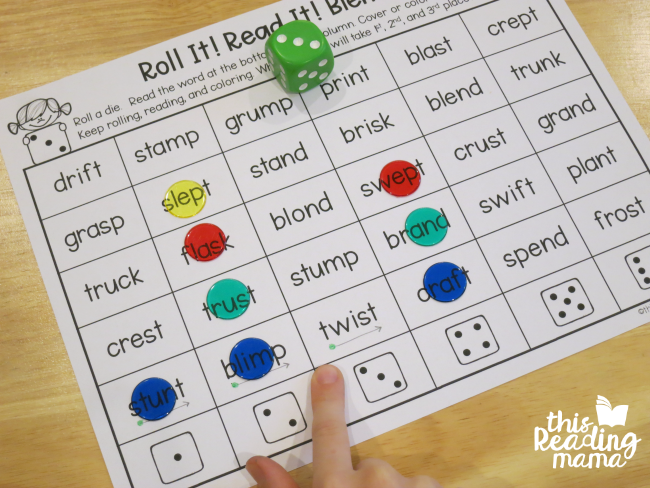 This one also features solo play!
This one also features solo play!
- Transportation systems
- Matching
- Maps
I Never Forget a Face
A unique twist on the classic game of memory, your little one will be matching cards with pictures of children from around the world. The faces on the box show which country each child is from, adding another level of social studies to this game if you decide to find each country on a map.
- Observation
- Memory skills
- Cultural awareness
Busy, Busy Airport
From the world of Richard Scarry, this game encourages active play. To set-up, arrange the destination mats around your room (or make the kids run all over the house—I love games that wear them out!) Players take turns drawing passengers, and flying them to the destination with the included airplane.
- Airport awareness
- Clothing choices (the passenger wearing a swimsuit goes to the beach instead of the mountains.)
- Destination comparisons (how is a beach different from a city?)
Learning Games for Kids in Early Elementary
Children in this age band are growing in their academic skills, and playing games will encourage them to practice everything they’re learning.
English/Language Arts
Scrabble Junior
This game grows along with your child. One side of the board features pictures and pre-printed words for letter matching, and the other side is blank—letting everyone create their own words.
- letter matching
- spelling
- basic reading
Zingo
It’s Bingo, but much more fun! Players slide the Zinger (tile dispenser) to reveal the word to cover. Then they race to find it on their card and cover it. Two levels of play have easier and harder words on the tiles.
- Sight word recognition
- Vocabulary
- Matching words
Spot It! Basic English
The Spot It games are amazing! I always have one in my purse or the diaper bag for play on the go. It’s a quick game, and perfect for waiting rooms. Though there are several varieties available, each version plays the same. Players look for the one item that is identical between any two cards. The Basic English version cards feature basic images and sight words.
- Sight word recognition
- Fluency (speed of reading)
- Matching words to images
Math
Uno
There are many versions available, but I’ve only played the original so far. If you have a recommendation for the others, I’d love to hear it! Players match color or number, trying to be the first to get rid of all their cards.
- Color matching
- Number matching
- Strategy (pick a color on wild cards)
- Adding (add 4 cards)
The Allowance Game
Your child will practice basic money skills in this game as they save, spend, and try not to lose their money.
- Adding and subtracting money
- Making change
- Money management
- Prioritizing purchases
Sequence Numbers
The winner is the first to get a row of five chips on the board. Players use one of their cards, complete the given math problem, and find the answer on the board. Once they’ve spotted the answer, they cover the space with a chip.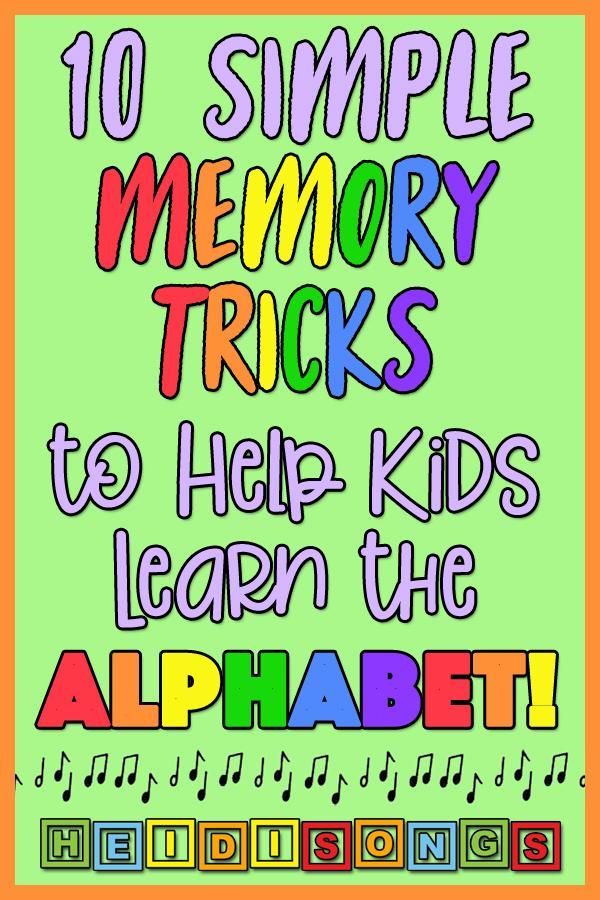
- Addition
- Subtraction
- Strategy
Science
Rock On
A rock collection and game in one, Rock On is played similarly to Bingo, in that the winner is the first to cover a row of rocks. While playing, children will learn about:
- Types of rocks
- Gems
- Rock facts
- Identifying rocks
Moons & Planets: Solar System Memory
Beautiful circular playing cards feature pictures of various astronomical bodies from NASA. Detailed information for each photo is in the guidebook. Players match them, as in other Memory games, learning about:
- Astronomy
- Names of planets
- Observation
Magic School Bus: Science Explosion
You have to erupt a volcano to win this game! Play consists of matching science topics to a category (tornado would go under the “weather” category), and playing a memory style game.
- Fields of science
- Scientific facts
- Experimentation (exploding the volcano!)
Social Studies
Catan Jr.
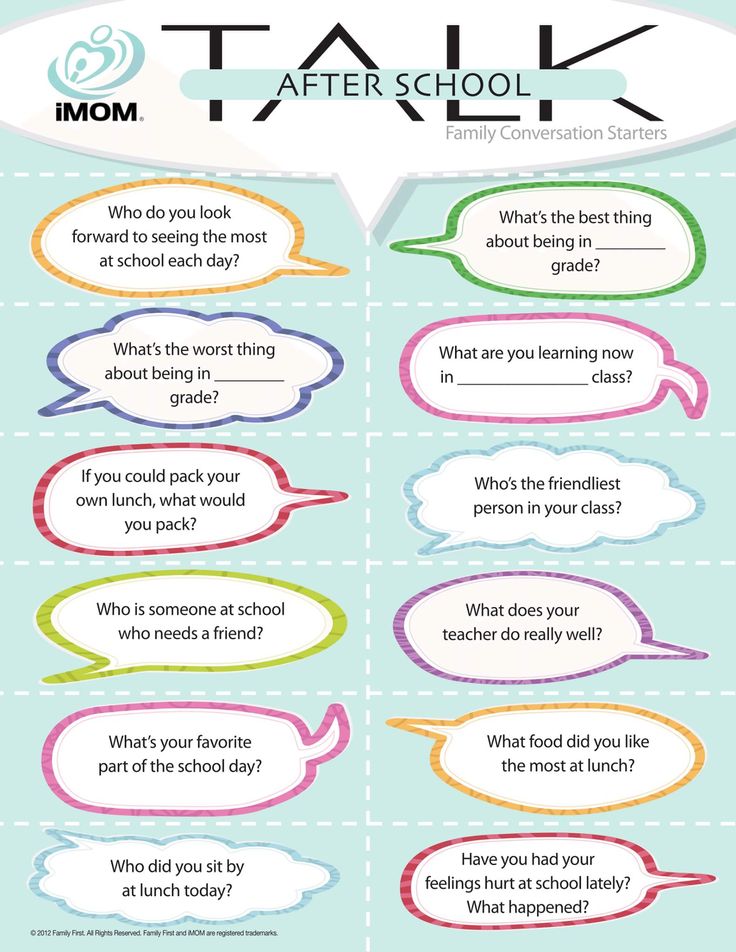
For families who love the Catan series, this version has made play accessible for younger children. Resource tiles are used instead of cards, and the players are pirates racing to build lairs. Introduce your child to the world of Catan, and:
- Natural resources
- Using resources to build
- Basic geography (island, ocean)
Great States Jr.
Gently introduce your child to the fifty states of America with this game. Cards require players to search the board looking for state names, pictures, and state shapes.
- Geography
- State names
- State capitals
- Fun facts about the USA
Explore the World
Players answer questions about the manufactured world, the natural world, and world flags as they move around the board trying to get back to start. Reading is required in this game, so purchase according to your child’s abilities.
- World geography
- Flags of the World
- Geographic facts
Learning Games for Kids in Late Elementary
By this age, students are likely reading fluently, and adding and subtracting larger numbers with ease.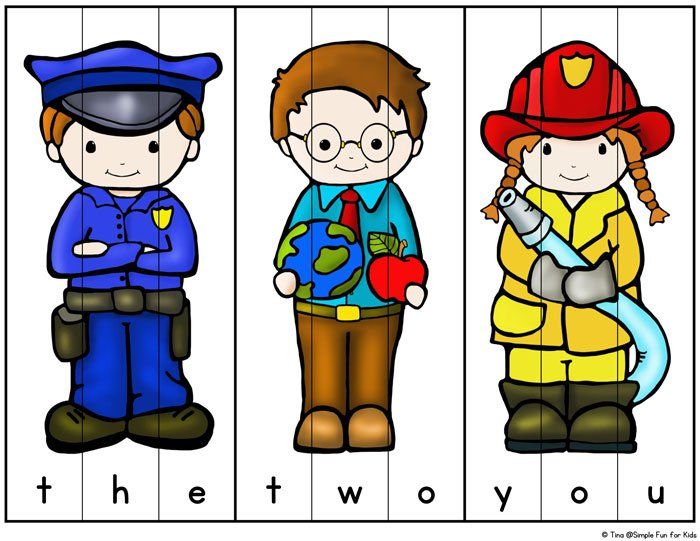 These games require a bit more thought, as they apply their knowledge in new ways.
These games require a bit more thought, as they apply their knowledge in new ways.
English/Language Arts
In A Pickle
This makes a great game for family gatherings. The cards in this game each feature a noun. Players take turns adding a card in their hand to a card on the table, while explaining how the noun they are covering can fit in the noun they are laying down. Creative thinking is required to claim a set of four cards.
- Vocabulary development
- Story telling/creative thinking
- Communication skills
Buzzword Junior
Prior to each round, the reader announces what the buzzword is. This word will be used in all 10 answers that round. If the buzzword is wind, clues might be: Your vehicle’s wipers keep it clear (windshield), Rhett Butler and Scarlett O’Hara (Gone with the Wind.) The reader’s team has 45 seconds to make it through all 10 clues.
- Vocabulary
- Idioms
- Figures of speech
Once Upon A Time
In this storytelling game, players use the events, characters, places, items, and aspects listed on their cards to weave together a story.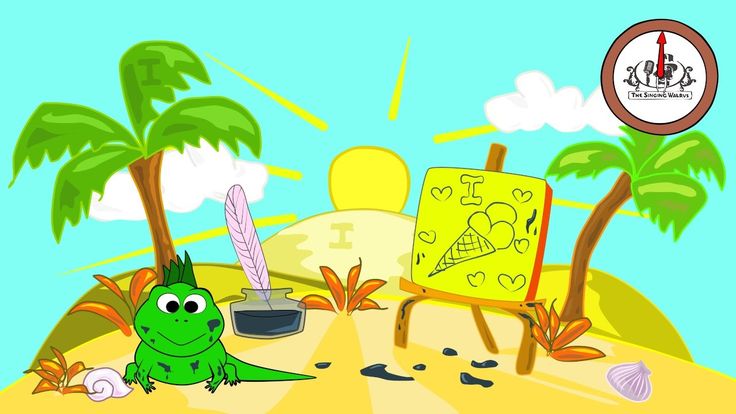 Other players can interrupt the storyteller, playing a card from their own hand that fits into the story, and then becoming the new storyteller. The goal is to make the story end in a way that matches your ending card.
Other players can interrupt the storyteller, playing a card from their own hand that fits into the story, and then becoming the new storyteller. The goal is to make the story end in a way that matches your ending card.
- Story telling
- Elements of a story
- Character development
- Plot
Math
Rack-O
Win Racko by being the first to arrange 10 cards in your rack from smallest to biggest. The numbers don’t have to be in numerical order (1,2,3), though you get bonus points for having runs.
- Number fluently
- Comparing numbers
- Strategy
Blokus
My husband loves this one! Players take turns adding a piece to the board, ensuring that one piece touches only the corners of another piece of the same color
- Spatial sense
- Critical thinking
- Geometric concepts
Even Steven’s Odd
A dice game, players try to roll dice to match a requirement given on a card (numbers 1-6, three odd numbers, etc.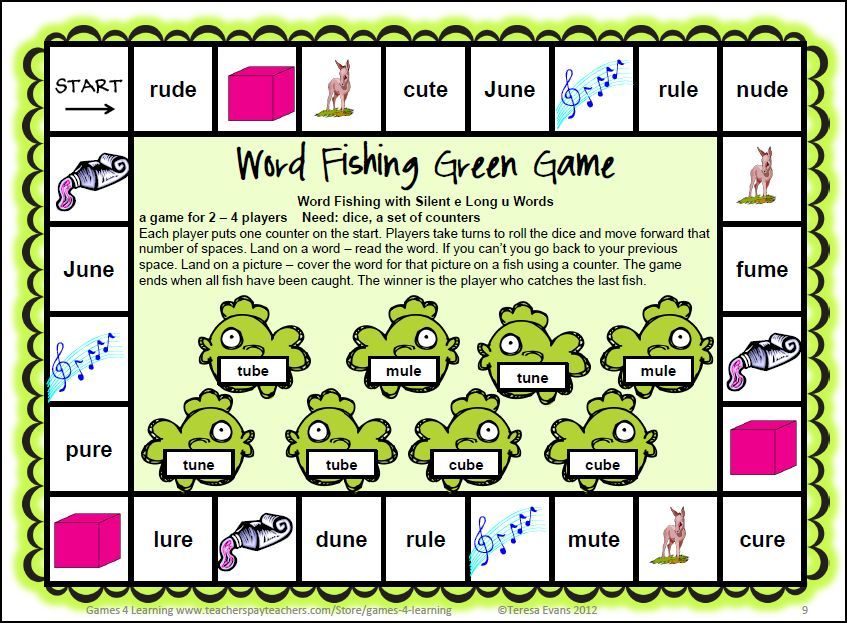 ). The winner of each round is the first to get all their needed rolls, and grab the Steven figurine.
). The winner of each round is the first to get all their needed rolls, and grab the Steven figurine.
- Even/Odd
- Number sense
- Probability
- Addition/Subtraction
Science
Somebody
I taught a local board game enrichment class, and we used this one during science week. The stickers are fun (but easy to lose!) Players can try out five different games with the included pieces. Featuring reusable peel and cling stickers, this game will help your child gain basic anatomy knowledge.
- Organs
- Body systems
- Anatomy facts
What’s the Matter?
Players learn about states of matter as they answer scientific questions. A secret decoder adds to the fun.
- States of matter
- Physical science
Dr. Dreadful Scabs and Guts
Can you give the scientific name for farting? Could you burp some of the alphabet? If you get your question (or action) right, you can move your organ piece around the body shaped game board. Warning: There are quite a few questions about body waste—that my boys love!
Warning: There are quite a few questions about body waste—that my boys love!
- Anatomy facts
- “Gross” science
- Biology
Social Studies
Careers
I played this one as a kid, and now enjoy playing it with my kids. Start the game creating a secret formula to success by determining how much fortune, fame, and happiness you’ll earn to declare yourself the winner. Once everyone’s formula is created, take turns going around the board and exploring career paths. Some events bring fame, fortune, or happiness, and others take it away.
- Career exploration
- Opportunity to learn about life events (shopping, vacation, taxes, etc.)
- Understanding that there’s not one right way to live life
The Scrambled States of America
Players will pick up US geography facts as they play this game based on the popular book of the same name. The goal is to send your pile of states home by solving puzzles, riddles, and being observant.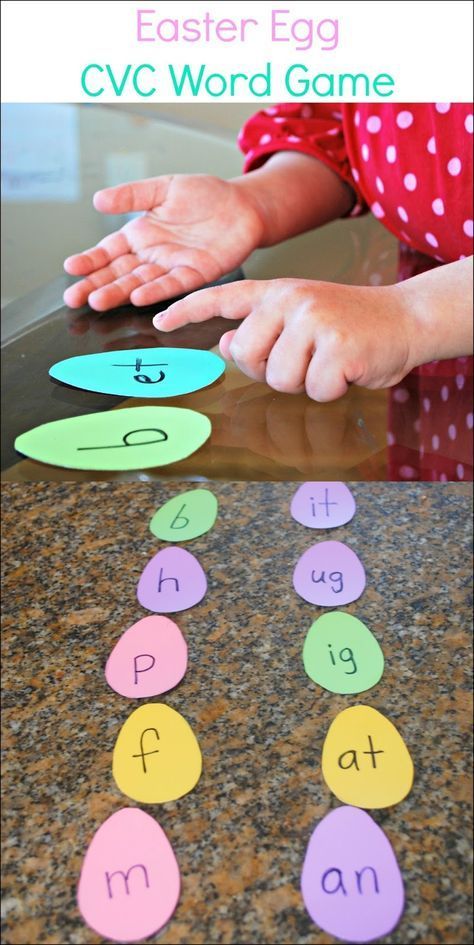 We like to read the book before we play—it’s cute!
We like to read the book before we play—it’s cute!
- State names
- State shapes
- State capitals
- State nicknames
- US Geography
Monopoly City
While game play is similar to the original, there’s no need to wait until you own all the properties on a block to build in this version of Monopoly. When ready, players can build residential buildings or commercial ones. Watch out though, other players can build hazards on your property. While playing, you can discuss these things with your child to increase the educational value:
- City planners
- What makes the hazard buildings hazardous?
- Why are the bonus buildings improvements for property?
- Rail systems
- Taxes
Learning Games for Kids in Middle School
Middle schoolers usually have the skills needed for most board games. Playing games together will encourage communication, and foster family time.
English/Language Arts
Quiddler
Players begin this wordsmithing game with three letter cards.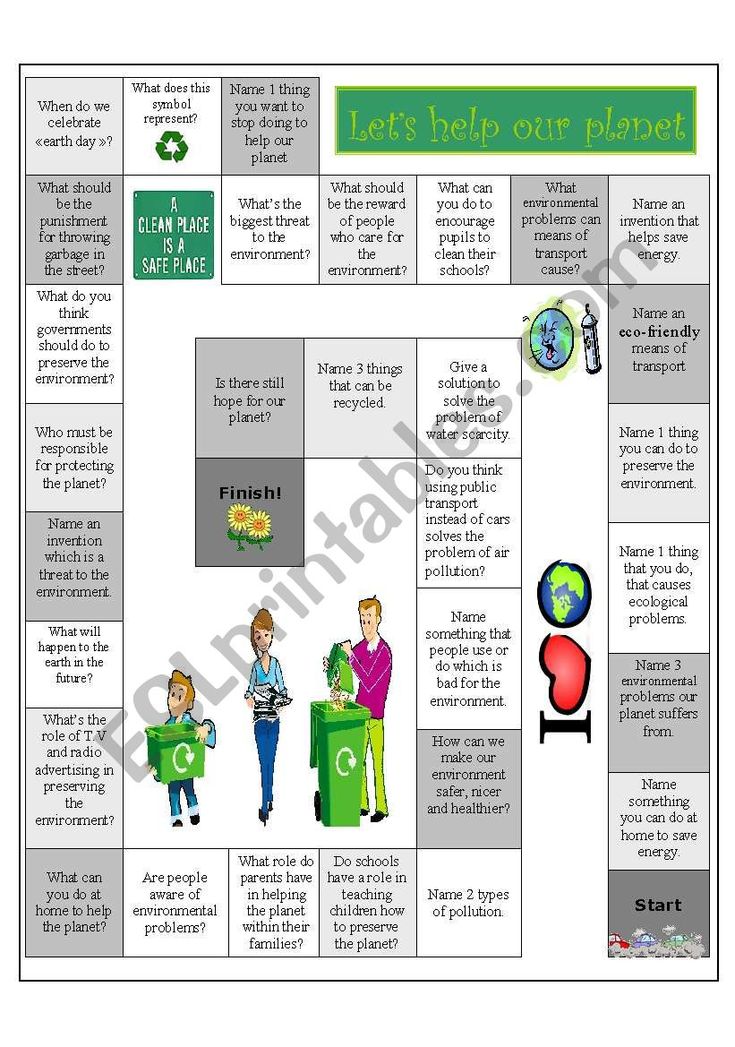 They draw and discard until they can use their letters to form a word. The next round starts with four letters, and the final round has ten. As players lay their cards down, they’ll be:
They draw and discard until they can use their letters to form a word. The next round starts with four letters, and the final round has ten. As players lay their cards down, they’ll be:
- Spelling
- Improving vocabulary
- using a dictionary (in case of a word challenge)
Scribblish
I love drawing games! Art and words combine in this hilarious game similar to telephone. Players begin by drawing a picture that matches their caption card. They pass their card to another player, who then has to write their own caption for the image. Play continues, alternating images and captions. At the end of the round, players try to guess which picture went with each original caption card.
- Creative writing
- Matching words to images
- Communication
Taboo
Your family will be stretching the limits of their vocabulary in this game. The goal is to get your team to say the key word. Except, you can’t say certain words because they are taboo!
- Vocabulary
- Creative thinking
- Synonyms/antonyms
Math
Battleship
Place your ships along a coordinate plane, and take turns guessing coordinates as you try to sink your opponent’s fleet.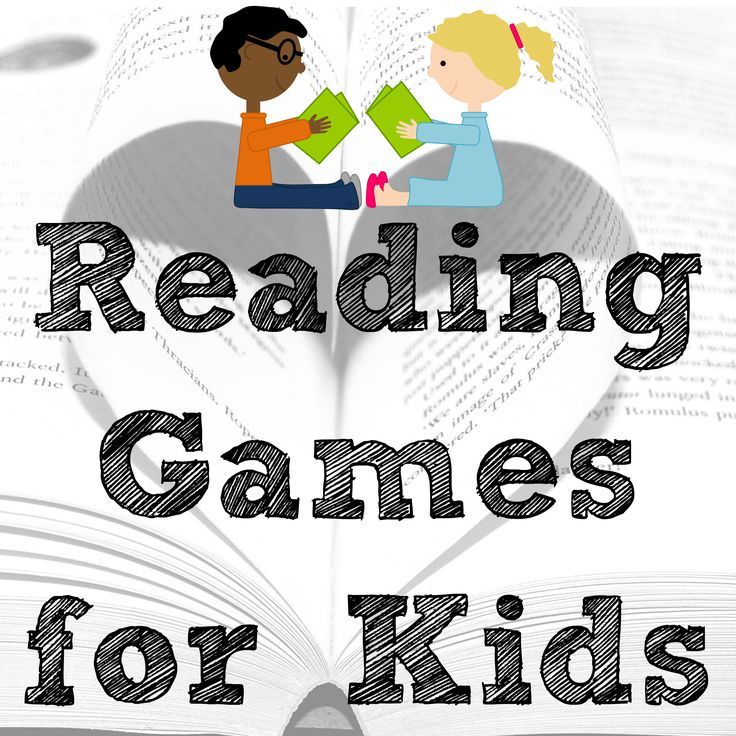 Beginning graphing has never been so much fun!
Beginning graphing has never been so much fun!
- Coordinate plane
- Axis awareness (x,y)
- Critical thinking
LEGO Pirate Code
Much like the classic Mastermind, the goal of this game is to guess the combination of colored gems hiding in your opponent’s treasure chest. Prior to play, you have to follow the Lego directions to build the game (which was my kids’ favorite part!)
- Critical thinking
- Process of elimination
- Logic
Yahtzee
A fun classic that reinforces math skills. Roll the dice and score big by getting certain combinations. Each turn allows three rolls, so probability plays an important role.
- Probability
- Number sense
- Critical thinking
- Multiplication
Science
Code Master: Programming Logic Game
A single player game, your child’s goal is to collect crystals with their Avatar. They need to play action tokens in a specific sequence to beat each of the 60 levels.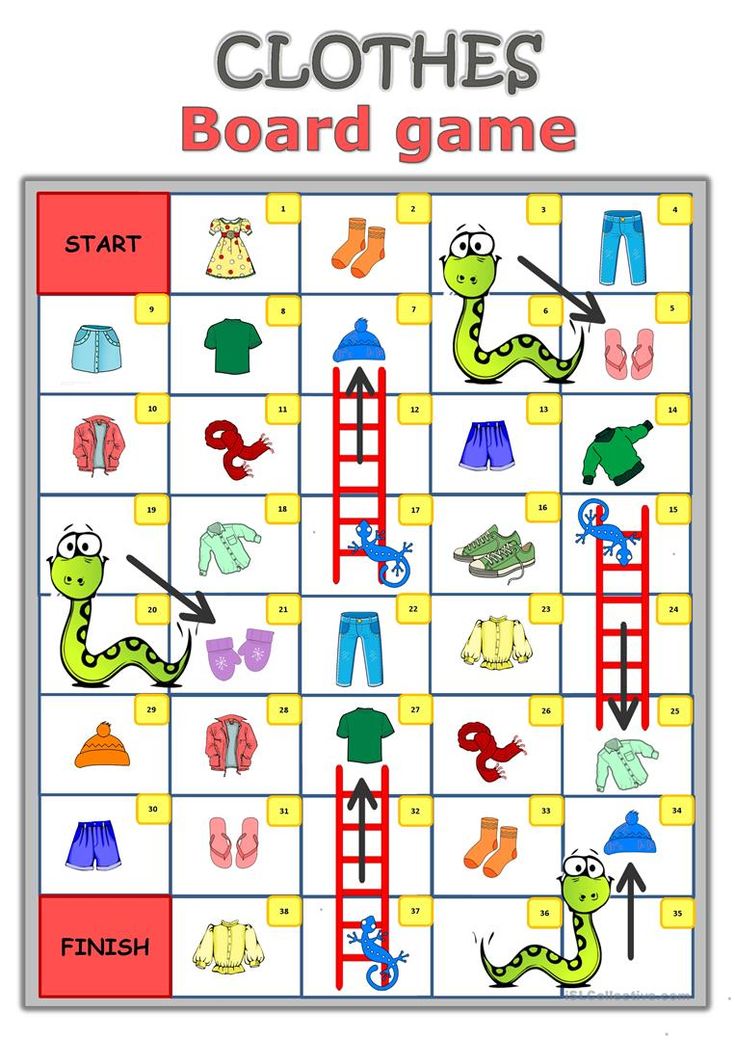
- Programming
- Conditional events
- Logic
- Critical thinking
Camp Board Game
Enjoy the great outdoors anywhere as you move your pieces around the board and answer questions. Each card has four versions of a similar question, ranging in difficulty to make the game accessible to both outdoor newbies and enthusiasts.
- Nature
- Animal classification
- Animal identification
- Botany/Plants
The Way Things Work
A game for mechanically minded individuals, players will solve problems, build simple machines, and conduct scientific experiments. Warning: Once built, the scale does not fit in the original box. We solved this problem by using a large plastic shoebox and a large Ziploc (for the board and cards), and then discarding the box—I’m sure you’ll be able to think of your own creative solution!
- Scientific method
- Simple machines
- Creative problem solving
- Mechanical thinking
Social Studies
10 Days In Europe
A series with multiple titles available, this is the one I currently have, and my 13-year-old daughter LOVES it! The goal is simple.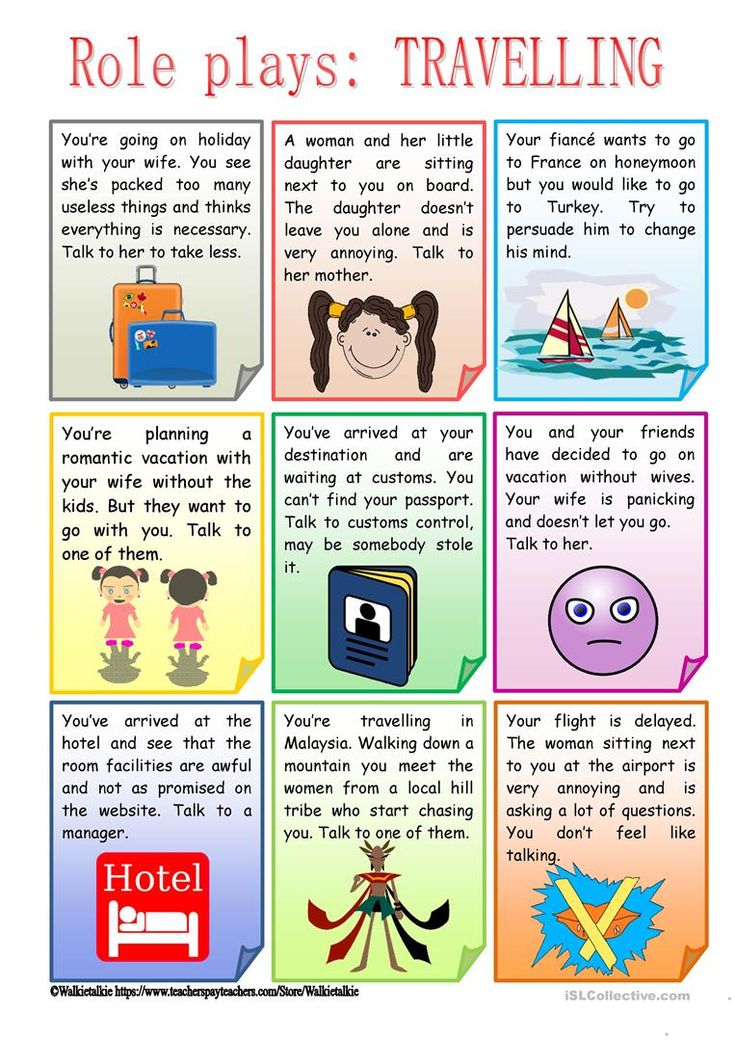 To arrange country cards and transportation cards for a ten day trip across Europe. To keep it interesting, you can only go from one country to the next if they are touching. You have to match color for the transportation cards (a blue plane can take you to a blue country). Thankfully, the board is a map of the continent!
To arrange country cards and transportation cards for a ten day trip across Europe. To keep it interesting, you can only go from one country to the next if they are touching. You have to match color for the transportation cards (a blue plane can take you to a blue country). Thankfully, the board is a map of the continent!
- Geography
- Country borders
- Trip planning
Giants
Set on Easter Island, players in this game create their own Moai (giant statues) and transport them to different places. Use your resources wisely to earn the most points.
- History of Easter Island
- Resource allocation
- Transportation of goods
Settlers of Catan
We had this game for years before we finally played (it looked too complicated). It’s amazing, I’m so glad we made the decision to play! Use your resources, and build roads, villages, and cities. Start with the original, and then go with the Cities and Knights version if you decide to expand! (If you don’t get the directions either, YouTube videos are very helpful!)
- Natural resource allocation
- City planning
- Habitat types (mountains, forests, etc.
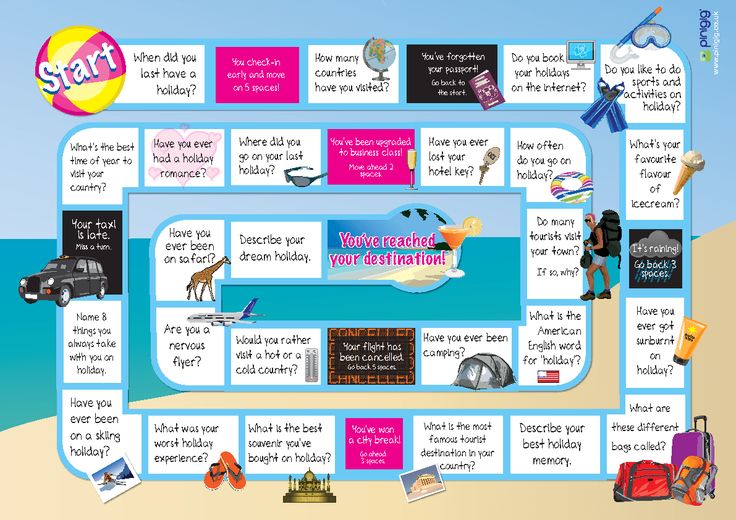 )
)
Learning Games for Kids in High School (and Adults!)
Many games at this level require careful critical thinking and strategy. Others are just fun.
English/Language Arts
Balderdash
The reader draws a card and reads a word, spelling it out. Players each write a definition for that word (making it up) while the reader writes the real definition. The reader then reads all definitions aloud, and everyone tries to guess what the real definition is. You get points for getting the correct answer, and for people guessing the definition you designed.
- Parts of speech
- Creative thinking
- Critical thinking
- Writing
Apples to Apples
A great game for a large group, Apples to Apples requires players to match word cards to an attribute. Communication skills are essential, because you might need to defend your choice.
- Analogies
- Vocabulary
- Critical thinking
- Communication
Man Bites Dog
What headline can you make from your random assortment of nouns, adjectives, and verbs? This game is flat out hilarious at times, and I love it from a blogging perspective, since it’s about crafting headlines.
- Writing headlines
- Parts of speech
- Critical thinking
Math
Rummikub
Alright, the math certainly isn’t high school level, but it’s a game easily enjoyed by all ages! Arrange your tiles into runs, or collect sequences. Get rid of your tiles to win.
- Number sense
- Critical thinking
- Probability
Budget
Players develop their budgets and then get $2000. Expenses arise, investment opportunities open, and insurance needs paid for. Money management skills are crucial to win this game—you get a bonus if your budget is close to what actually happened.
- Money management
- Expense awareness
- Investment basics
- Prioritizing expenses
Equate
It’s like Scrabble. With numbers. Add, subtract, divide, and multiply equations and add up the points.
- Math skills review
- Order of operations
- Equality
Science
AC/DC
A shocking card game, players must complete a circuit.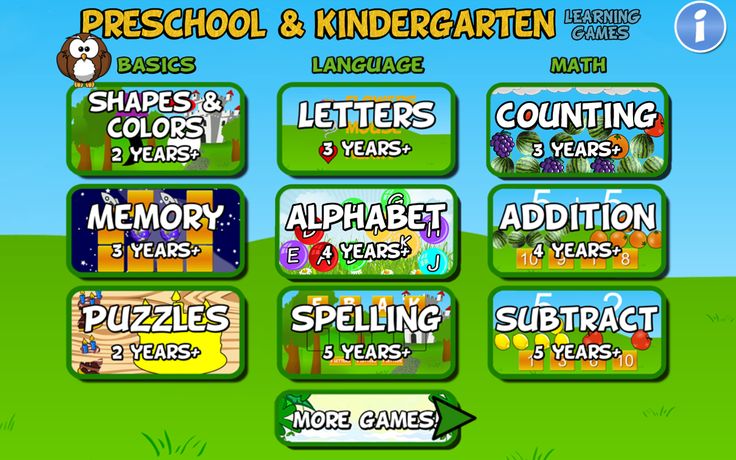 You’ll be combining cards with circuit elements (power supply, resistors, loads, switches, etc.) in a race to build a completed circuit. A diagram is included (which I needed to look at!)
You’ll be combining cards with circuit elements (power supply, resistors, loads, switches, etc.) in a race to build a completed circuit. A diagram is included (which I needed to look at!)
- Electricity
- Parts of a circuit
- Scientific vocabulary
Antimatter Matters
It’s a quantum physics game. Seriously! Put together particles and be the first to form a hydrogen atom. For more advanced game play, you can try other atoms!
- Physics
- Atoms
- Molecules
Pandemic Board Game
Are you up to saving the world? I hope so. Diseases are on the rampage, and outbreaks are coming. Humanity needs scientists to work together to stop the spread and find a cure.
- Biology
- Chemistry
- How diseases can spread
Social Studies
Pitch It
A game for those with an entrepreneurial spirit, Pitch It gives each player something to sell, and a target audience. The goal is to create the perfect slogan, logo, and product name to complete the sale. After the design stage, players share their pitches, and everyone votes on the winner.
After the design stage, players share their pitches, and everyone votes on the winner.
- Business basics
- Advertising
- Target audiences
Logo Board Game
We’ll call this one Current World Affairs, okay? Players use their knowledge of company logos to win. Answer a question correctly, and move on the board.
- Pop culture
- Advertising
- Business sense
The Farming Game
Set in my home state of Washington, The Farming Game challenges players to be able to quit their day job and farm full-time. That means you have to save your money. The first person to reach the savings goal is the winner. During play, you’ll be growing crops, buying equipment, and paying for expenses. You can talk about:
- Growing seasons
- Moonlighting
- Planning for expenses
- Agricultural data
As you can see, board games are awesome. There’s something for everyone!
Give the gift of a game, and encourage your family to play together.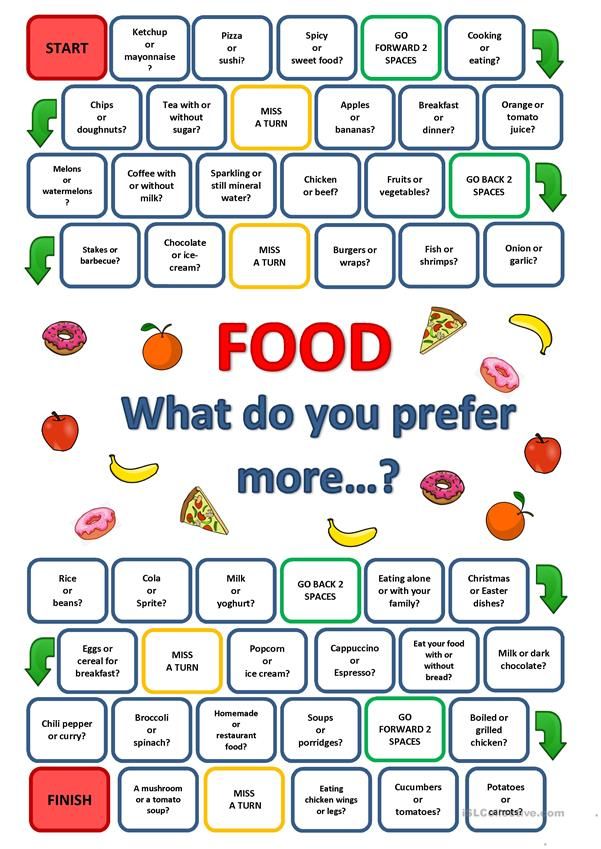 Learning will happen gently and naturally as you play.
Learning will happen gently and naturally as you play.
Which of these games do you think your family would enjoy? Do you have any additional recommendations to share with us?
More from around the blogosphere:
- Best Games for Developing Executive Function in 5-7 Year Olds
- My Favorite Games for Fostering Self-Regulation in 3 – 5 Year Olds
27 Best Educational Games for Kids to Play Sorted by Subject
Educational games make a great alternative for children who don't learn best through pencil and paper instruction.
According to educational nonprofit EDUCAUSE, a growing body of research shows game-based learning platforms “can create an engaging dynamic that inspires students to develop competencies and skills as they focus on the activities of the game.”
Regardless of the subject, educational games for kids can help you instill a love of learning in your own child. This applies whether they're learning through homeschooling, online learning or traditional classroom setting.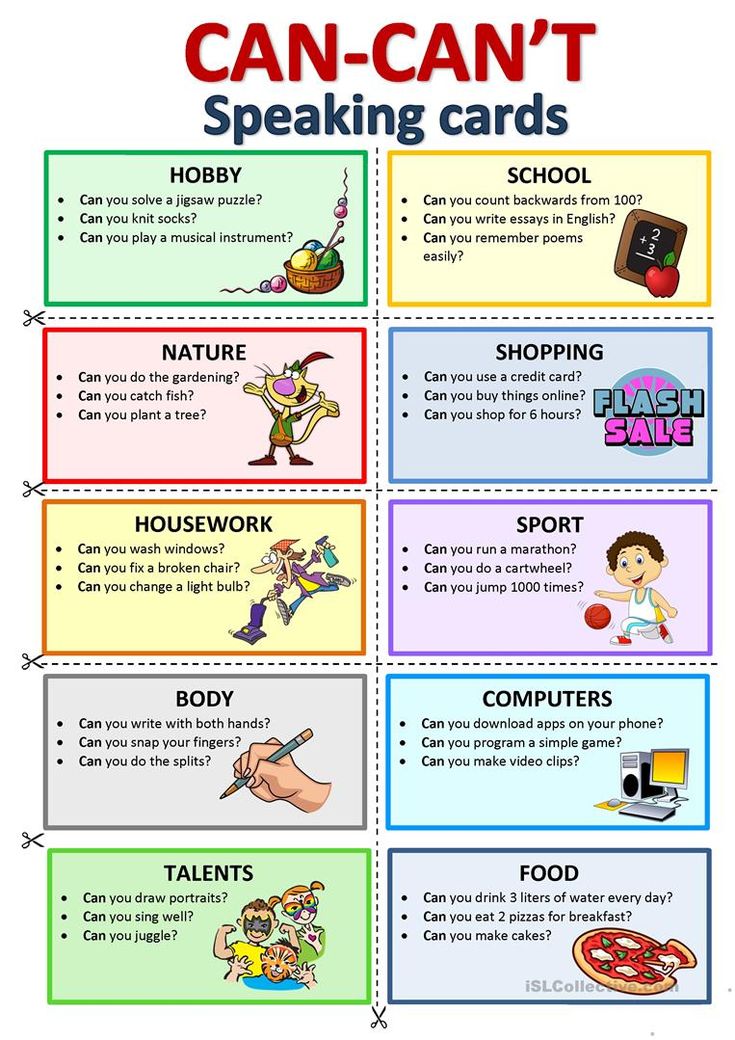
Below, we’ve organized some of the best educational games for kids by subject! Interested in games for a certain subject? Click one below and jump right to it:
- Mathematics
- Language arts
- Art
- Health and physical education
- Science
- Technology
- Social studies
- History
- Geography
Available: Apple App Store, Google Play, Amazon Appstore, Web
Age: 6 to 14
Cost: All in-game educational content is free, Memberships available
Prodigy Math is the engaging, fantasy-based math platform used by over 100 million students, teachers and parents around the world.
It’s curriculum-aligned, offering content from every major math topic from 1st to 8th grade. Above all, Prodigy’s mission is to help every student in the world to love learning.
After creating their own personalized math wizard, your child will compete in math battles against in-game characters, just like how role-playing games like Pokémon work.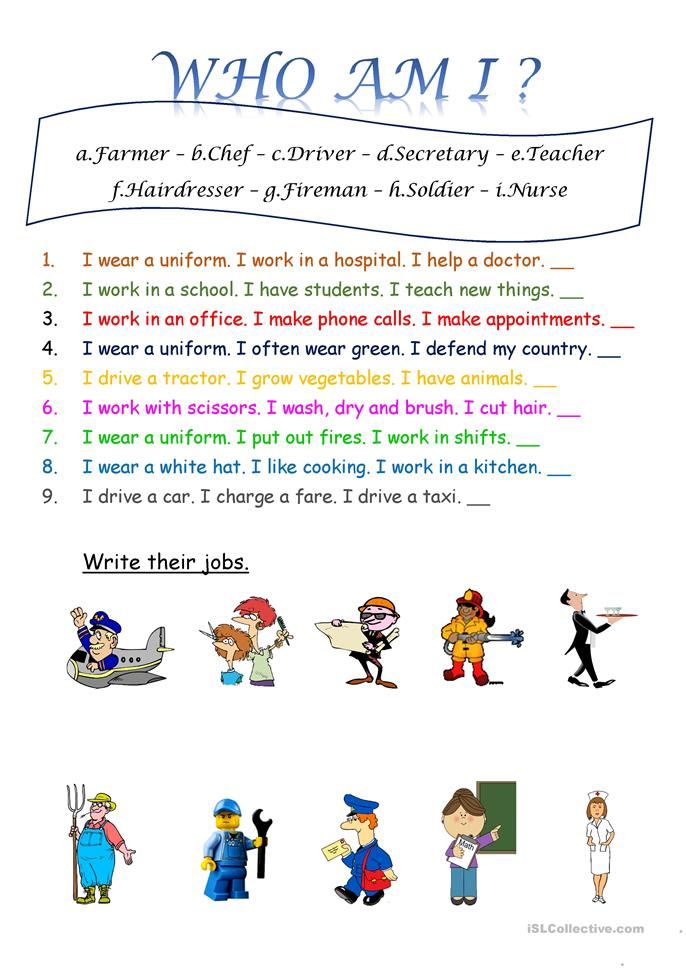 To win, they must answer sets of math questions.
To win, they must answer sets of math questions.
The game also adapts in difficulty to suit your child’s learning style and grade level, helping them build key math skills. In one school district, research showed that students who used Prodigy Math mastered 68% more math skills on average when they used Prodigy Math!
Create your free parent account to follow your child's progress as they have fun learning math. You can also get a Membership to level up your Prodigy experience — packed with plenty of extra benefits for you and your child!
Become a MemberBuzzmathAvailable: Web
Age: 8 to 14
Cost: $20 per month, $40 per quarter, $60 per year
This is a middle school math game aligned with the common core and TEKS curricula. Your child will be tasked with helping Alfred, an inventor, save Mathlantis — a chaotic and disordered world — by restoring the population’s math knowledge.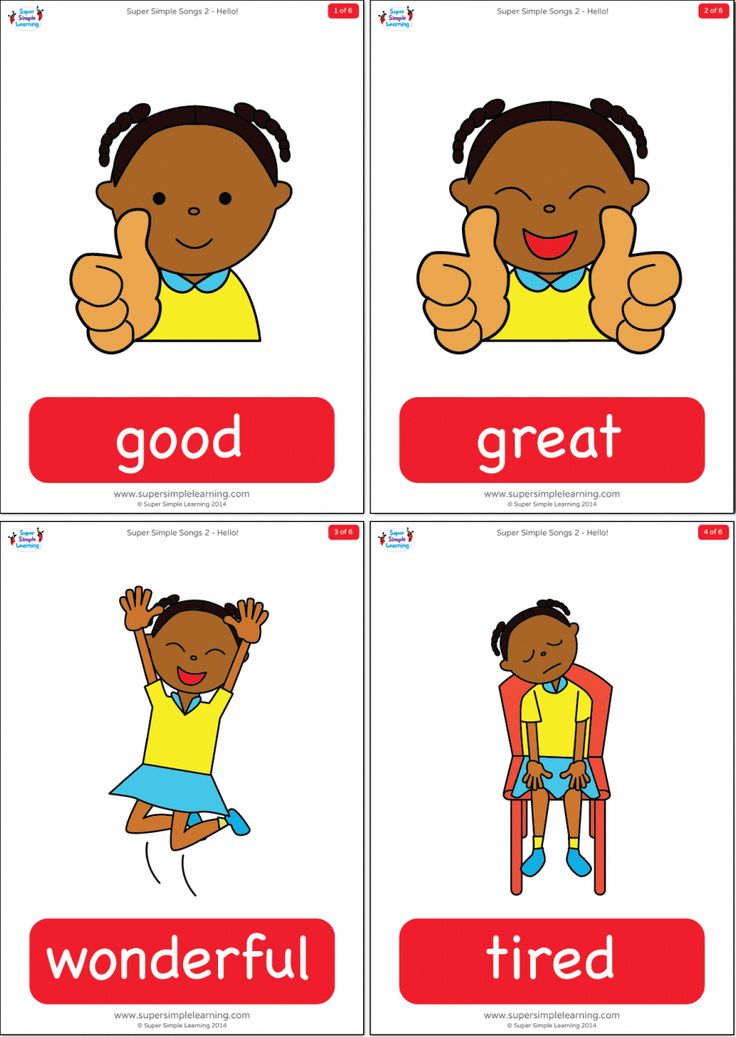
On this adventure, they’ll time-travel and meet famous mathematicians, help them regain their lost knowledge, and transform Mathlantis back to its original state.
Twelve a DozenAvailable: Apple App Store
Age: 8 to 14
Cost: Free, in-app purchases
Developed by Touch Press Games, this educational math game helps children understand the beginning thought process of algebra and explore longer, more complex algebraic equations.
In Twelve a Dozen, your child will join the numeric hero, Twelve, on a journey through a universe of numbers. She’s on a mission to rescue her family and the crumbling world of Dozenopolis from the destructive Ultimate Prime. And they’ll use their skills and understanding of core math concepts to solve puzzles.
Looking for more amazing math games for kids? Check our list of the 13 best math apps for kids in elementary school!
Art gamesStart with Art!Available: Apple App Store, Google Play, Amazon Appstore
Age: 7+
Cost: Free, in-app purchases
Embark on a journey into the world of art, creativity, and visual learning with your personal Art Guides: Tickles, Furnace, and Ruby!
Start with Art! will walk your child through four foundational art lessons:
- Art as language
- Message in art
- Line
- Shape
It also has engaging “Creativity Builders” art projects designed to foster creativity, encourage problem solving, and enhance critical thinking skills.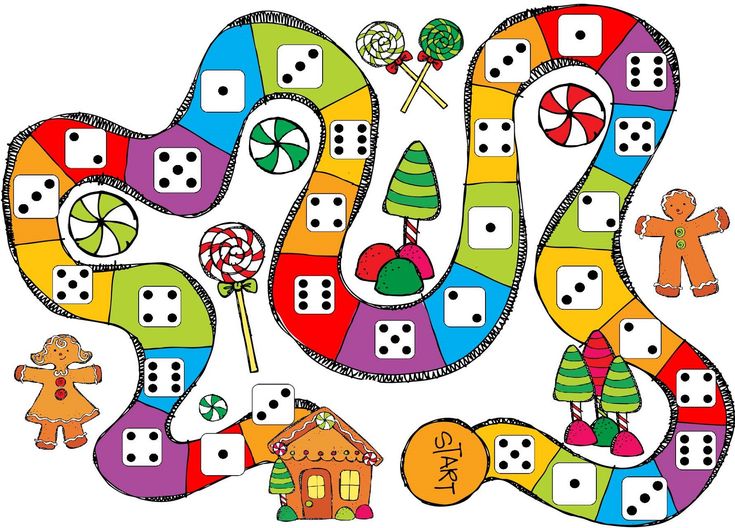
Each lesson is aligned to Creativity Express, a multi-award winning visual arts curriculum that professional educators and former Disney animators created!
Tate KidsAvailable: Web
Age: 6+
Cost: Free
Tate is a family of four art galleries in London, Liverpool, and Cornwall. Its children-focused project, Tate Kids, lets children play free art-related games and quizzes, get help on art homework, and share their creations!
In addition to completing fun quizzes, kids can help robots save famous art in “Art Parts,” create their own landscapes in “My Imaginary City,” and more!
No matter what area of art your child is into, they’ll find something engaging, educational, and creative!
Colorfy: Coloring Art GameAvailable: Apple App Store, Google Play
Age: 4+
Cost: Free, in-app purchases
No crayons? Run out of sketchbook pages? No worries!
Colorfy is a digital coloring book for kids of all ages, filled with high-quality images. With over 1000 pictures to paint, your child will have the choice of florals, animals, patterns, gardens, mandalas, famous paintings, and other creative images.
With over 1000 pictures to paint, your child will have the choice of florals, animals, patterns, gardens, mandalas, famous paintings, and other creative images.
This coloring game also includes a new AR virtual gallery that lets your child see what their art would look like in the real world!
Language arts games
HOMERAvailable: Apple App Store, Google Play, Amazon Appstore, Web
Age: 4 to 18
Cost: 30-day free trial, then $9.99 per month
As outlined on HOMER’s website, their “mission is to provide the best educational start possible by offering personalized, fun, and proven learning products for children.”
This early learning program has two products: Reading and Stories.
HOMER Reading combines a child’s current reading level and their passions, in order to create a personalized learn-to-read plan. Using that child’s same interests, HOMER Stories curates stories they’ll love — from classic to contemporary.
Available: Apple App Store, Google Play, Web
Age: 4 to 18
Cost: Free, $34.95 per year (family annual membership up to five students)
This program is a K-12 supplemental literacy tool designed to help children at every learning level learn spelling and hone grammar skills.
Plus, it helps them build vocabulary retention and reading comprehension.
You can try out 40+ free online spelling games which come with pre-populated word lists. They also offer a premium membership that gives your child access to all of Vocabulary Spelling City’s games with customized lists, homework practice, and more.
Wallykazam! Letter and Word MagicAvailable: Apple App Store, Google Play, Amazon Appstore
Age: 3+
Cost: $1.99
Based on the children’s animated television series on Nickelodeon, Wallykazam! helps preschoolers learn early reading skills.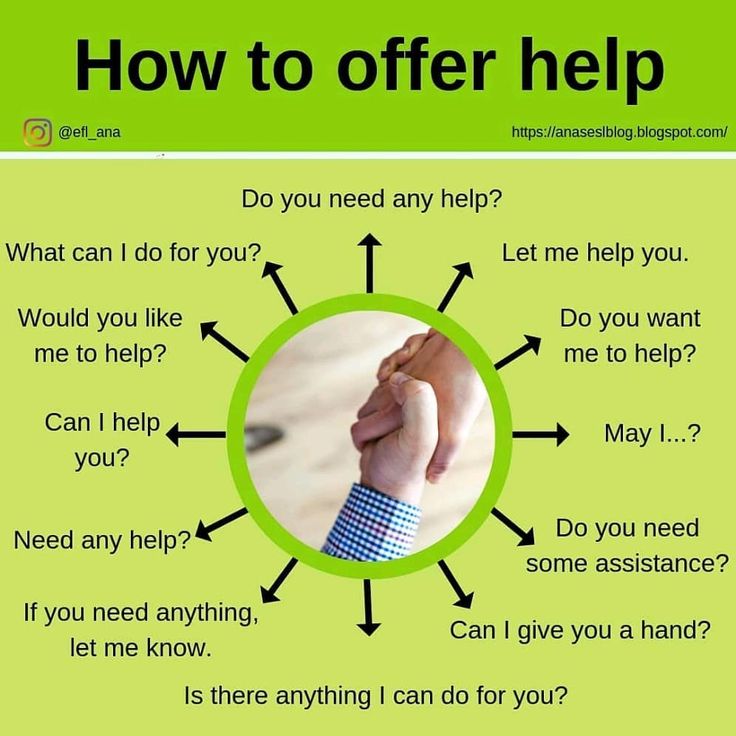
Kids will join Wally Trollman, his pet dragon Norville, the mischievous Bobgoblin, Gina Giant, and Libby Light Sprite in magical and hilarious adventures! They’ll play games and learn letter recognition, letter tracing, and phonics.
Health and physical education games
GoNoodleAvailable: Apple App Store, Google Play, Amazon Appstore
Age: 5 to 12
Cost: Free, premium version available
The purpose of GoNoodle is to help parents and teachers get kids moving, with the help of engaging video content. As their app description states: “make screen time active with 300+ videos that feature kids songs, dance, yoga, mindfulness, stretching, and more!”
Whether you want to throw your children a dance party to get them moving or make cleaning up around the house fun, GoNoodle has the perfect video.
Learning Games for Kids: HealthAvailable: Web
Age: 4 to 13
Cost: Free
When it comes to health, it’s important that children learn about their bodies early to stay healthy.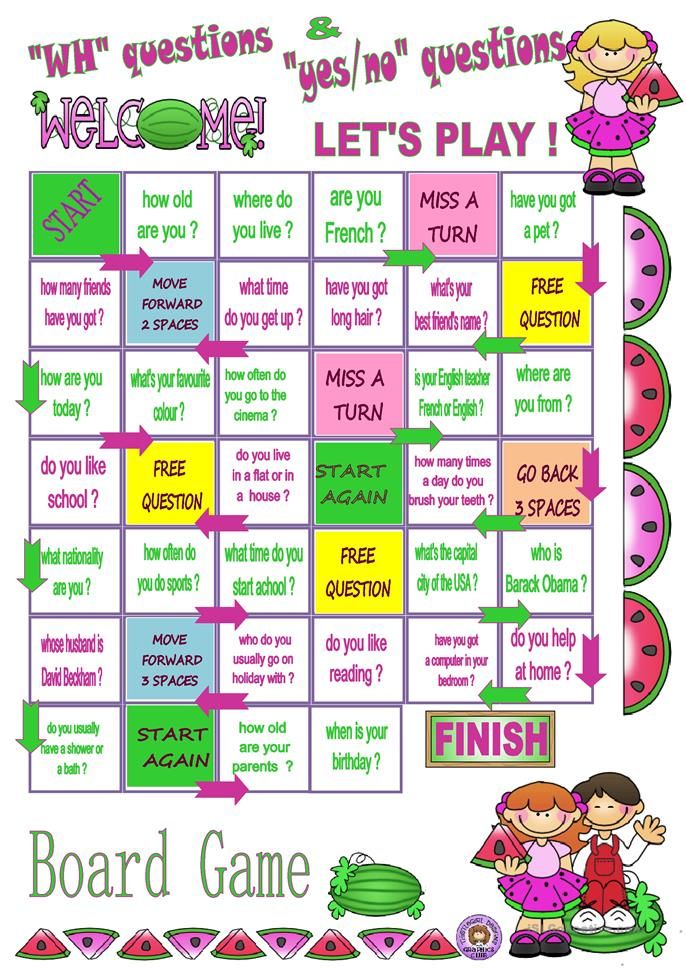 Although this website is outdated, there are 36 health-related games across four categories that will help children love to care about their health.From allergies and body parts to dental hygiene and staying fit, playing these games can introduce them to new concepts and help reinforce what they learn in school.
Although this website is outdated, there are 36 health-related games across four categories that will help children love to care about their health.From allergies and body parts to dental hygiene and staying fit, playing these games can introduce them to new concepts and help reinforce what they learn in school.
Available: Apple App Store
Age: 4+
Cost: Free
Developed by New Mexico State University Learning Games Lab, Eat & Move-O-Matic aims to encourage young people to learn about — and practice — healthy and active lifestyles.
Children scroll through a food list and match it with something from an activity list. Based on the food and activity combination you choose, it will tell you how long it takes to burn off that food’s calories. For example, eating a medium-sized banana with 27 calories will take you four minutes of playing high-impact active video games to burn off, at 7. 2 calories per minute.
With 35 activities and 80 foods, children will make new discoveries about their favorite foods and get healthy “Pro Tips.”
Science games
TinybopAvailable: Apple App Store, Google Play, Microsoft
Age: 4+
Cost: $2.99 per app, discounted bundles available
Tinybop can be summed up in three words: play, create, and learn.
Using educational apps and digital games created for curious and creative minds, children can explore the awesome and invisible wonders of the world!
Children will develop foundational science literacy while engaging with educational games about the human body, plants, homes, weather, space, animals, states of matter, and other exciting topics.
Toca LabAvailable: Apple App Store, Google Play, Amazon Appstore
Age: 4+
Cost: Free with in-game purchases
Flowing from a belief that the power of play jumpstarts imagination, its games are open-ended, so children are encouraged to experiment and make new connections. The educational game developer Toca Boca creates digital toys from the kid perspective.
Among Toca Boca’s products, science-related ones include Toca Lab: Elements and Toca Lab: Plants.
In Elements, children will explore the exciting world of science and meet all 118 elements from the periodic table, as they experiment with lab equipment!
And in Plants, they’ll have the opportunity to see how plants evolve, while collecting up to 35 different plant characters!
Camp WonderopolisAvailable: Apple App Store
Age: 4+
Cost: Free
One of the most popular educational sites today, Wonderopolis was created by the National Center for Families in 2010.
Camp Wonderopolis started as a free way to keep children and their families learning outside of school and help avoid summer learning loss — the loss of academic skills and knowledge over the course of long school holidays. There are five Wonderopolis camps:
- Flex Your Wonder
- Mission to Wonder
- Symphony of Wonders
- Connect with Your Wonders
- Build Your Own Wonderocity
Each one aims to keep children engaged with fun, interactive STEM and literacy-building topics boosted by Maker experiments!
Technology gamesTynkerAvailable: Apple App Store
Age: 4+
Cost: Individual and Family Plans available, starting at $9 per month
Mark Zuckerberg, co-founder and CEO of Facebook, said: “In fifteen years, we’ll be teaching programming just like reading and writing… and wondering why we didn’t do it sooner.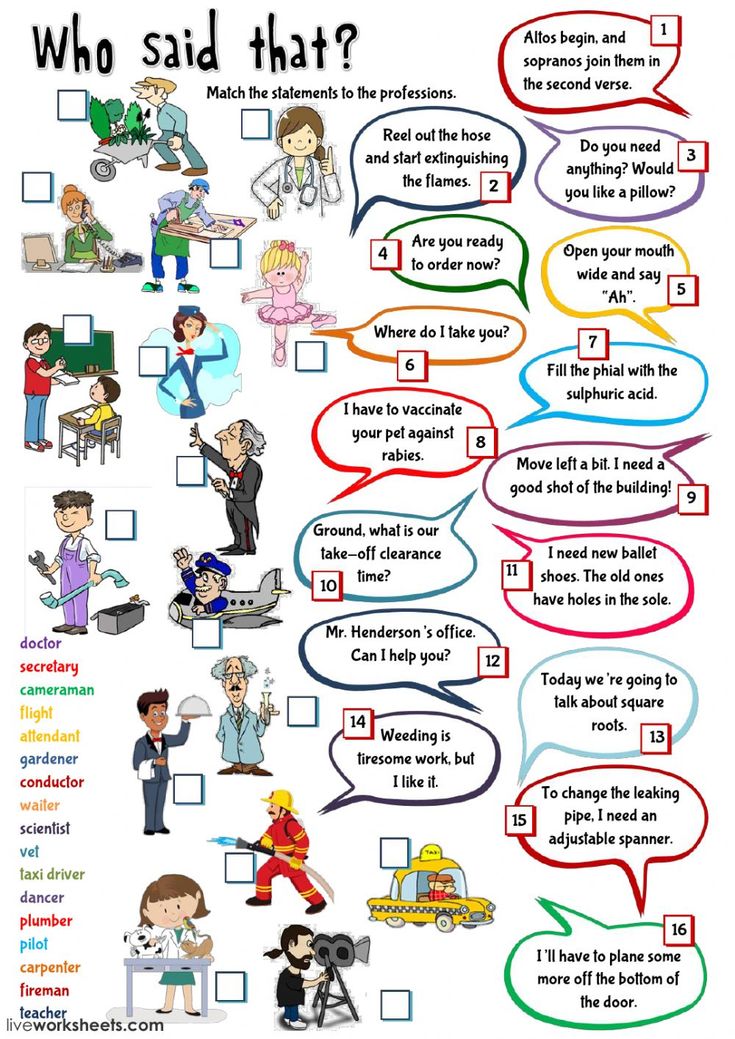 ”
”
Recognizing its importance, Tynker has created award-winning coding courses that are fun and offer self-paced learning for all experience levels.
With over 3,700 fun modules, Tynker designed its lessons to motivate children to further advance their skills, while earning cool new badges! They’ll also have help along the way thanks to interactive explanations, how-to videos, mini-game previews, and more.
Robot School: Learn to CodeAvailable: Apple App Store
Age: 7+
Cost: Free (in-app purchases), paid versions ($4.99)
Help! R-obbie the Robot crashed his spaceship in a galaxy far away and doesn’t have enough energy to get back to his planet all by himself.
That’s where your child comes in. Using drag-and-drop programming instructions, they’ll help R-obbie reach the fuel levels he needs to get back home.
This is a programming game that helps people learn how to code in a child-friendly way.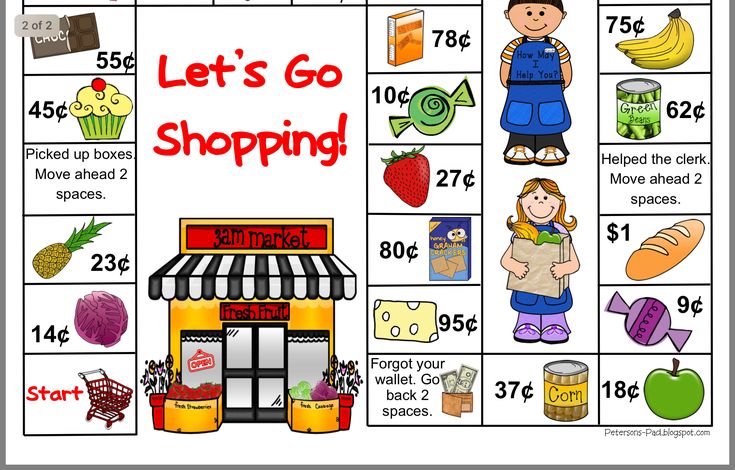 Your child will learn procedures, loops, and conditional instructions all while learning how fun — and accessible — programming can be!
Your child will learn procedures, loops, and conditional instructions all while learning how fun — and accessible — programming can be!
Available: Web
Age: 10+
Cost: Free
In partnership with E-Line Media and the Institute of Play, Gamestar Mechanic is an online game and community with the sole aim of helping children learn the guiding principles of game design in a highly engaging environment.
There are three components to Gamestar Mechanic: Play, Design, and Share.
Here’s a quick overview of how it works:
- Your child will start by going on an exciting single-player quest to learn about the principles of game design, while earning “sprites.”
- After exhibiting a certain level of mastery, they can use their sprites to design their own original games!
- Then, if your child wishes, they may publish their game in Game Alley as well as review and collaborate on other players’ games.
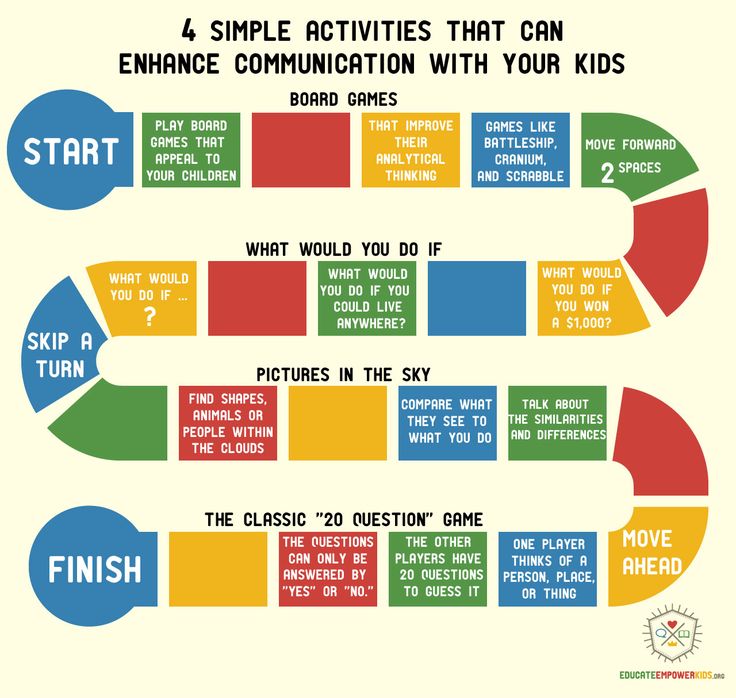
Have you thought about a STEM program?
If your child loves technology games, they might benefit from a STEM program. STEM programs help kids build key STEM skills – all while they have fun!
Learn more
Available: Web, Apple App Store, Google Play
Age: 2 to 11
Cost: Free
Starring some of children’s favorite television characters, the social studies games on PBS Kids explore culture, different environments, identity, governance, science, and more.
Not sure there’s something for your child? PBS Kids offers a variety of styles of games — fromJet’s Planet Pinball to learn about our solar system to Fidgits to the Rescue! where they build structures to help victims of environmental disasters. There’s something for every type of learner.
iCivicsAvailable: Web, Apple App Store, Google Play
Age: 8+
Cost: Free
In 2009, Justice Sandra Day O’Connor founded iCivics to reimagine civic education.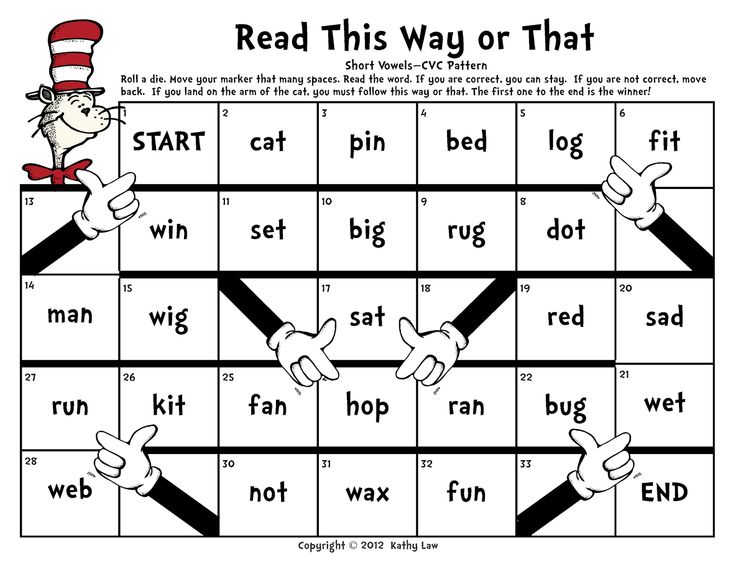 Since its inception, her vision has been “to cultivate a new generation of students for thoughtful and active citizenship. Civic knowledge is a prerequisite for civic participation. Yet for decades, civic education had largely disappeared from school curricula and the repercussions are undeniable.”
Since its inception, her vision has been “to cultivate a new generation of students for thoughtful and active citizenship. Civic knowledge is a prerequisite for civic participation. Yet for decades, civic education had largely disappeared from school curricula and the repercussions are undeniable.”
Taking a game-based approach, iCivics transforms abstract concepts into problems that every child will face in real life.
If it’s used in your child’s class, they’ll have a class code to sign in. If it isn’t, they can still make their own account to play engaging and educational games that will help make them better citizens!
One Globe Kids - FriendsAvailable: Apple App Store, Web
Age: 6+
Cost: Free, in-app purchases
This social studies game allows children to “meet” other kids around the world through photo- and audio-based stories called “A Day in My Life.” Choose from places like Haiti, New York City, the Netherlands, or Indonesia to hear each storyteller’s language as well as learn geographic, cultural, and political facts about each country.
Depending how your child would like to explore each friend’s story, they can choose from three different approaches: Adventure, Start to Finish, and Conversations.
History games
The Time TribeAvailable: Web, Apple App Store
Age: 10+
Cost: Free, Silver ($7.99) or Gold (24.99) Memberships
If your child loves history, mystery and a great story, keep reading.
Created by a parent, educator and anthropologist, this educational game brings fun historical facts, archaeology, and world cultures together.
You’re summoned to an old manor, full of ancient relics and mysterious people. But why? Unravel the secrets of a lost clan and claim your right to travel through time!
Your child will embark on a point-and-click journey that encourages exploration, self-expression, and self-directed learning — all while learning real history.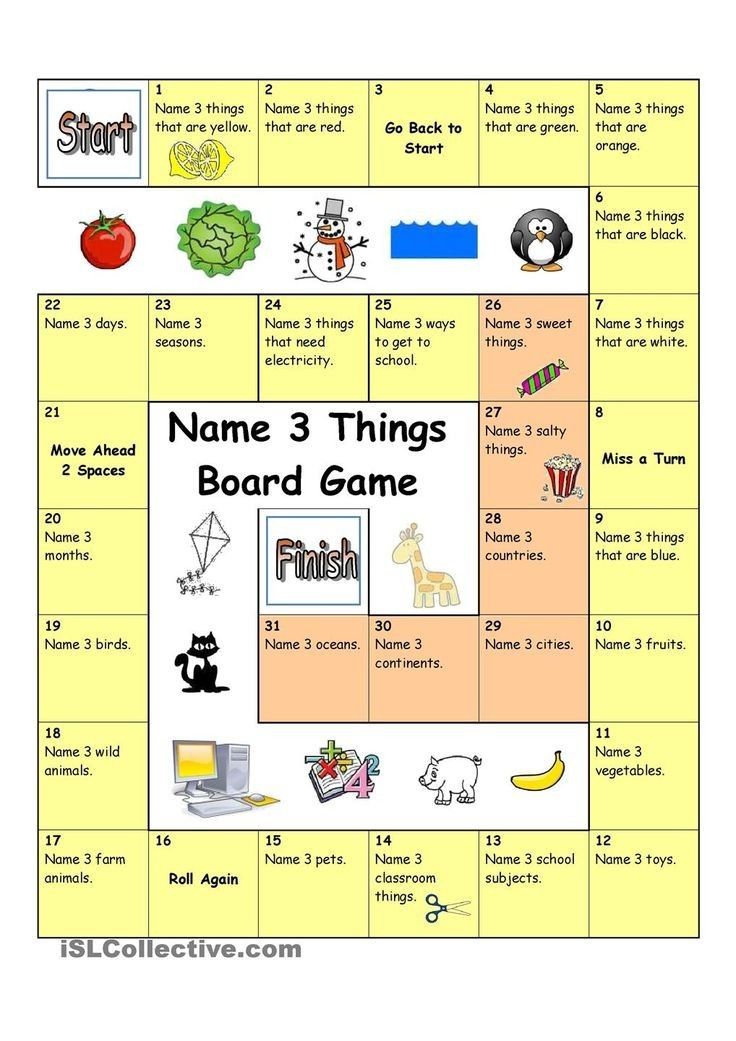
Available: Apple App Store, Google Play
Age: All ages (However, children under 16 are advised to have an adult present.)
Cost: Free
With this engaging app, Civilisations AR puts puts history in your hand with the BBC’s first ever Augmented Reality app. You and your child will discover things like ancient Egyptian secrets and reveal hidden layers beneath Renaissance masterpieces.
Whether at home or on a walk in the park, you can use Civilisations AR to bring realistic, to-scale artifacts to life. Become the explorer as you move, scale, and rotate the collection. And, if interested, use features like the “Spotlight” to reveal audio guides and special features, or the “X-Ray” to discover some of history ’s greatest secrets.
History for Kids: All Civilizations Learning GamesAvailable: Apple App Store
Age: 7+
Cost: Free, in-app purchases ($2.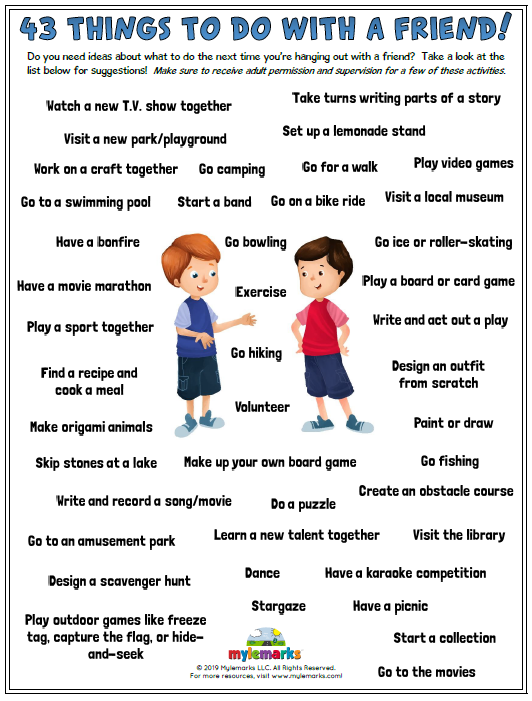 79 to $13.99)
79 to $13.99)
Children will have fun discovering the ancient world and exploring through games and adventures. With vibrant colors and high-quality images, they’ll find themselves engaged with the history of 14 different civilizations.
Kids also get to create their own avatar! And when they do, playing the game will allow them to level it up so they can unlock some awesome prizes.
Geography gamesNational Geographic KidsAvailable: Web
Age: 6+
Cost: Free
Parents may remember the National Geographic Kids magazine. Now, children can engage with the same fun aspects of the magazine online.
To learn more about geography, head over to their website for some fact-filled, fast-paced fun! There are many educational quizzes, funny fill-ins, and action-adventure games to play.
Carmen SandiegoAvailable: Web
Age: 6+
Cost: Free
Where on Google Earth is Carmen Sandiego?
Your child will just have to hop on the internet to find out.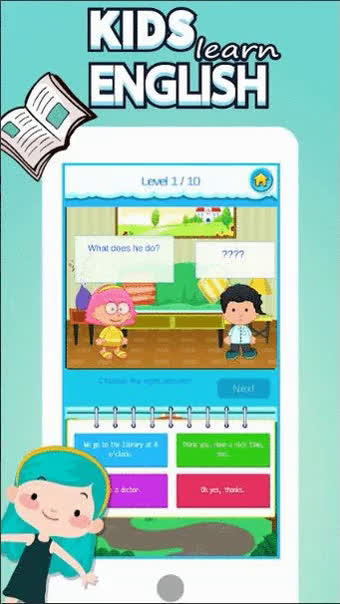 In collaboration with education publishing company Houghton Mifflin Harcourt, Google Earth created a series of Carmen Sandiego games: The Crown Jewels Caper, Tutankhamun's Mask Caper, and The Keys to the Kremlin Caper.
In collaboration with education publishing company Houghton Mifflin Harcourt, Google Earth created a series of Carmen Sandiego games: The Crown Jewels Caper, Tutankhamun's Mask Caper, and The Keys to the Kremlin Caper.
Your child will help Carmen Sandiego track down burglars working for a global criminal organization called VILE. Flying from continent to continent, players interview characters to gain clues that help track down the burglars while testing their geography knowledge.
Simply go to Google Earth → Voyager → Games → Scroll down!
GeoNetAvailable: Web
Age: 6+
Cost: Free
Created by education publishing company Houghton Mifflin, GeoNet is a geography game led by Chester the beaver. Children first choose where in the world they’d like to go, then answer questions broken down into six categories: the world in spatial terms, places and regions, physical systems, human systems, environment and society, and the uses of geography.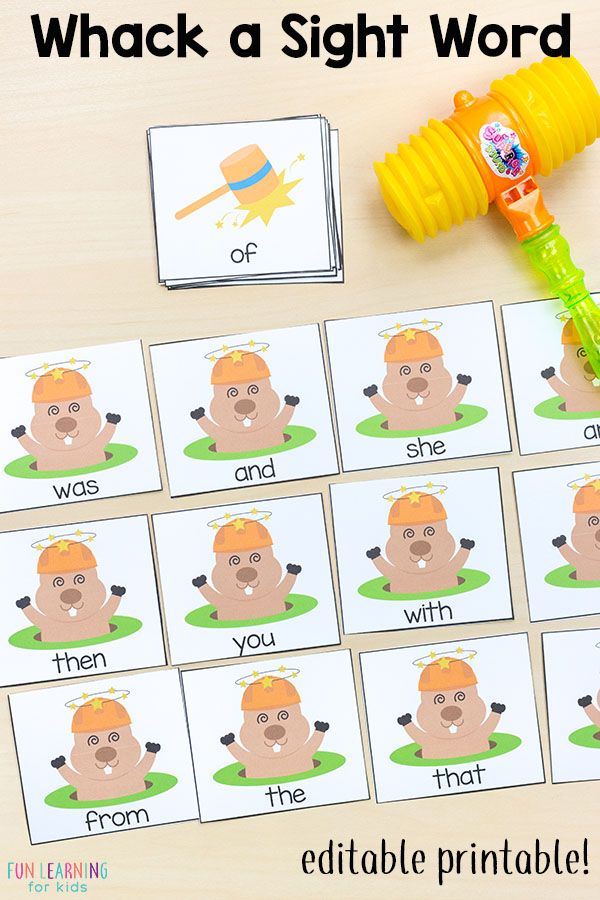
Chester will ask different types of multiple choice questions. But don’t worry -- if they get it wrong the first time, they can keep trying until they get it right. Then, Chester will give a short explanation as to why that answer was correct! And if your child doesn’t find Level 1 challenging enough, try Level 2!
Ready to see the impact educational video games for kids can have?Gamification in education need not be limited to the classroom. Encouraging your child to spend their screen time playing educational video games for kids not only strengthens their skills in various subjects but can also help transform them into lifelong learners!
5 experiments that prove that games help learn and grades harm
Games make children happier and prepare them much better for life than regular lessons. The author of the book "Freedom to Learn" Peter Gray is sure of this. It helps parents to take a fresh look at the learning process and understand how significant the game is in the life of a child.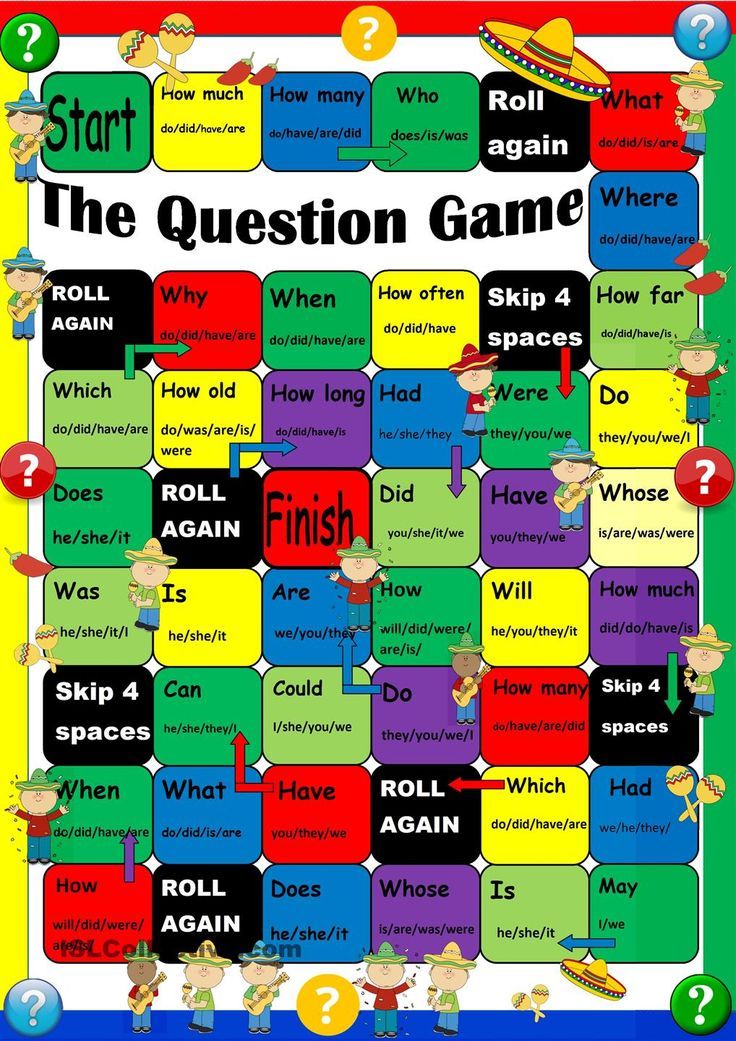 Mel, together with the Mann, Ivanov and Ferber publishing house, present five arguments from the book in favor of making learning more playful and fun.
Mel, together with the Mann, Ivanov and Ferber publishing house, present five arguments from the book in favor of making learning more playful and fun.
1. If you force a child to study well, you can take away his desire to study at all
Psychologists came to these results during the following experiment. They watched the students play billiards. At first they discreetly recorded the results of each player, then they began to make it more obvious so that the players noticed that their game was being evaluated.
The researchers came to the conclusion that experienced players (who can be called masters) began to play much better, while beginners, on the contrary, began to score significantly less points.
It turned out that this observation is also true for schoolchildren: grades have a positive effect only on those who already know or can do something, and if the child is just learning, then grades interfere with him and make him absorb the material much worse.
2. If the creative process is stimulated, the child's abilities will not develop
Psychologist Teresa Amabile has been studying creativity for many years. She did this experiment. The children had to draw a picture or write a story. It had to be done at speed.
At the same time, she motivated some participants: she informed them that their work would be exhibited at a competition or a prize was due for the best one. Other participants were not promised anything.
Why you shouldn't help kids with creative tasks
Teresa then asked the experts to evaluate all the work. It turned out that the work of those who were motivated turned out to be less creative and innovative.
This proves that any incentives reduce the ability to think creatively and harm creativity.
If a student draws something just for fun, then his creative abilities are revealed to a greater extent.
3. Play helps to develop creativity
This experiment helped scientists figure out how to develop children's creativity.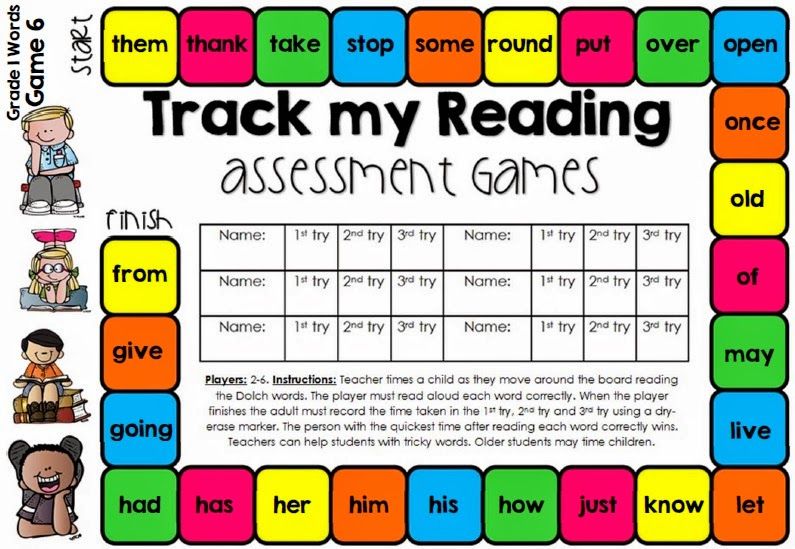 A group of kids were asked to make collages. Before starting work, some guys were told to play with salt dough for 25 minutes, others were forced to rewrite the text. As a result, the collages of kids who managed to play before the experiment turned out to be more creative.
A group of kids were asked to make collages. Before starting work, some guys were told to play with salt dough for 25 minutes, others were forced to rewrite the text. As a result, the collages of kids who managed to play before the experiment turned out to be more creative.
4. Laughter improves a child's analytical thinking
Alice Isen, professor at Cornell University, found out how mood affects our analytical abilities.
He offered students to solve a classical analytical problem. The essence of the experiment: each of the participants receives a box of buttons and a candle. The task is to fix the candle on the wall so that it can burn and the wax does not fall on the floor.
“If children don’t play, adults are to blame”
Before giving a task to the students, he showed the first group of children a fragment of a funny film, the second group showed a fragment of a rather boring movie of the same duration, and the third group showed nothing.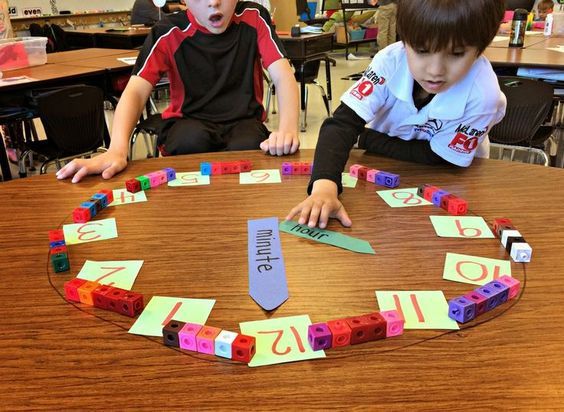
The results were amazing: 3/4 of the students who watched the comedy solved the problem, and only 20% of the children from the other groups were able to attach the candle to the wall correctly.
The conclusion is simple: even five minutes of humor stimulates creativity and ingenuity.
5. Games help develop logic
Toddlers can solve challenging tasks for their age in play mode. British scientists came to this conclusion. They asked the children the following logic puzzle:
All birds meow
Kesha is a bird.
Does Kesha meow?
Children 10-11 years old could not cope with him.
Then the researchers offered them to four-year-olds. When the kids were asked a problem in a serious tone, they answered quite predictably: “No, birds don’t meow. They chirp." Children could not imagine a judgment that did not correspond to reality.
But as soon as scientists guessed a riddle with humor in their voice, the children immediately understood that it was a fictional world.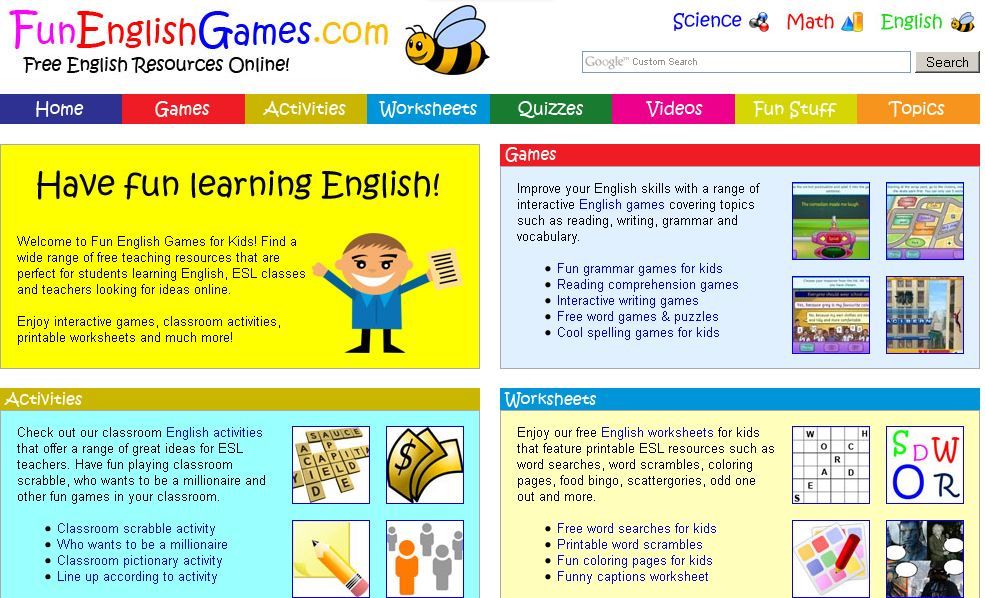 Then they gave the correct answer: "Yes, Kesha meows."
Then they gave the correct answer: "Yes, Kesha meows."
These studies show the importance of play in a child's development. At the same time, evaluations, praise and rewards have the opposite effect and harm rather than benefit.
Based on the book "Freedom to Learn".
Cover image: iStockphoto / shironosov
experts explain why games are more useful than educational games and lessons
© Liza Streltsova
Not only screams and chaos, but also a lot of good!
A common complaint about kindergartens, which is regularly found in parental circles, is: "No one works with them there, they just play all day long!". In the world of adults, the opportunity to roll a car on a carpet all day is considered completely unacceptable (and in vain), but for children, “just playing” is many times more important than any developmental activities. We remind you of this at the beginning of the new school year and explain why.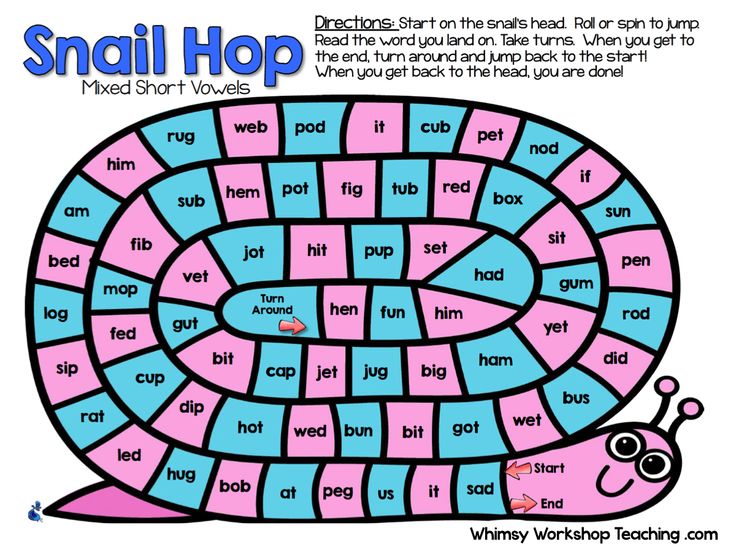
When children have the opportunity to play with their peers or parents, their imagination is at full capacity. They constantly come up with new scenarios and ways of playing, adapt to changing conditions and develop creative thinking.
University of Maryland Mental Health Center director Sharon Hoover confirms that "gaming and mental health are linked." Pediatricians and other professionals agree that free play is a normal, healthy, and natural part of a child's development.
According to Hoover, games are good because they generate “positive feelings, such as joy or excitement, that improve the child's mood and reduce feelings of anxiety and sadness. At the same time, children who did not have enough time to play saw an increase in symptoms of depression, anxiety, and inattention.”
Remember the pleasant feeling of relief and joy when you hear the bell from class? This most exciting moment, when you can leave the classroom and have fun from the heart, run and play with your classmates, is hard to forget.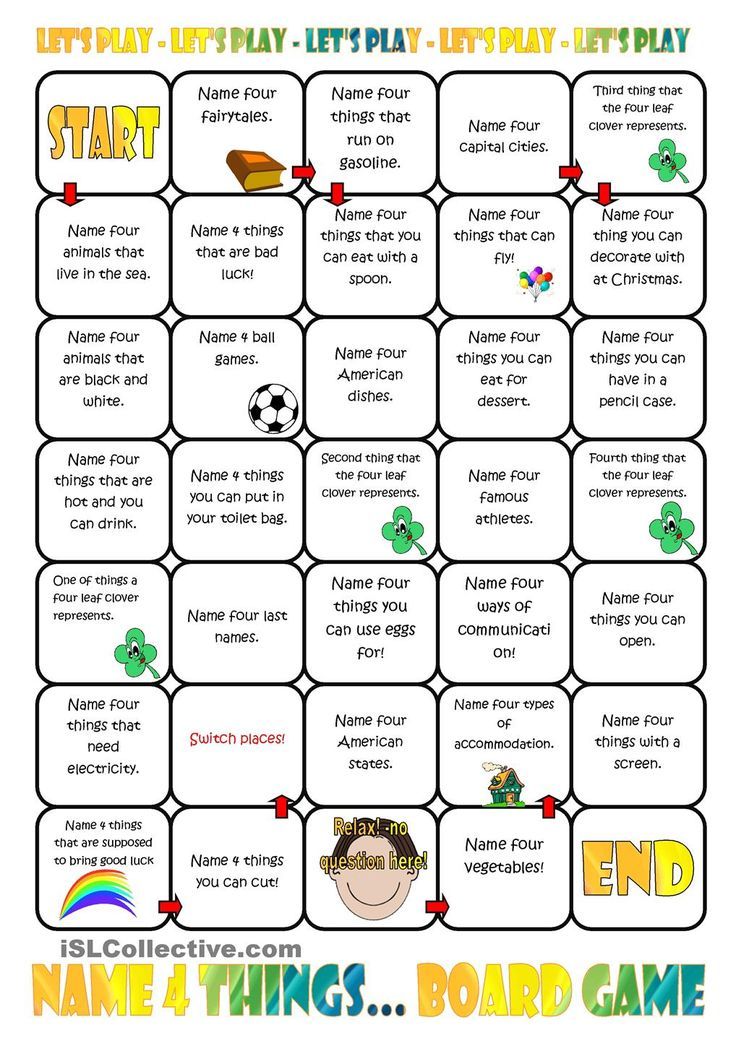
The opportunity to play freely with your peers is essential to a child's development and helps him acquire many social skills that will be useful throughout his life.
The current generation of children is looked after much stronger and more carefully than previous generations (well, you yourself know these stories about how children from the age of five used to walk without their parents in the yard, and playgrounds looked more like an army obstacle course). This gives rise to a problem: due to the overprotection of parents, not all children get the opportunity to fill bumps on their own and figure out what is dangerous for them and what is not.
Free play allows children to test themselves and learn to better manage their bodies, their emotions and their decisions. The ability to self-regulate is another important stage in a child's development, and free play is a great way to develop it.
When you give children the opportunity to play independently and freely, “they learn to cope with problems, think through their actions to the end and realize their own possibilities.